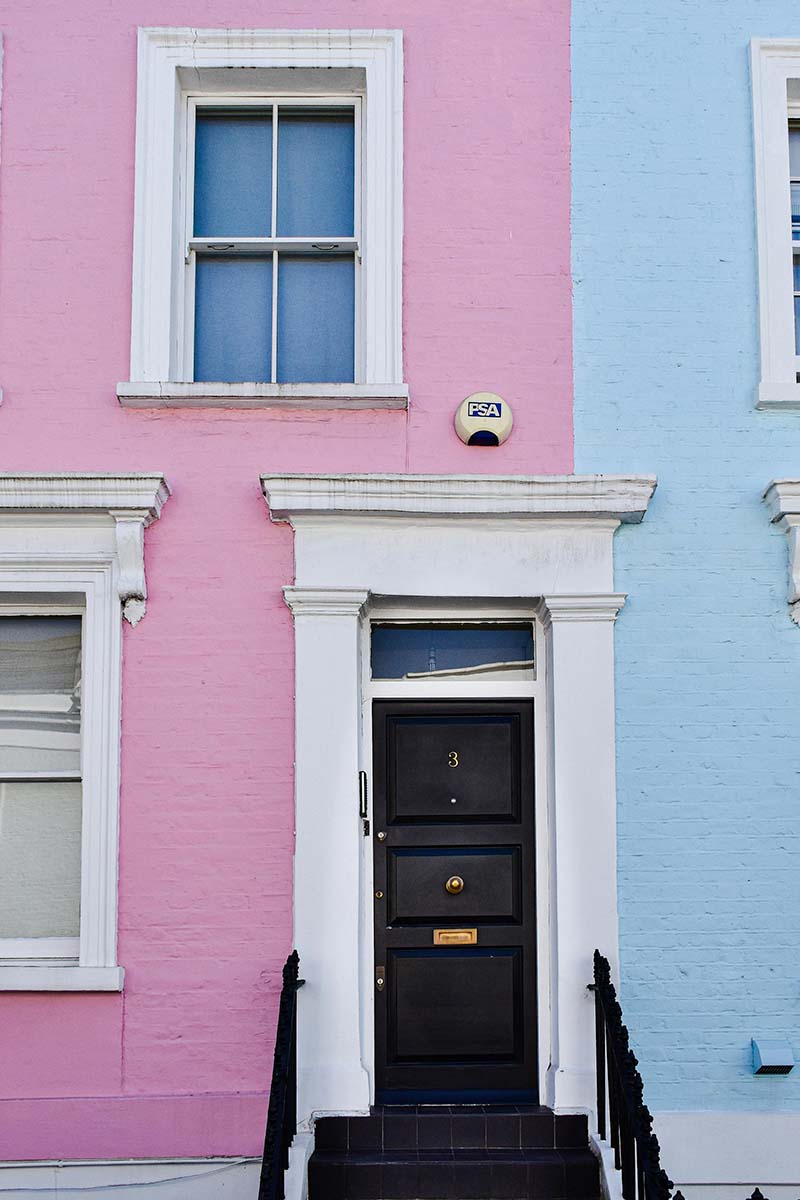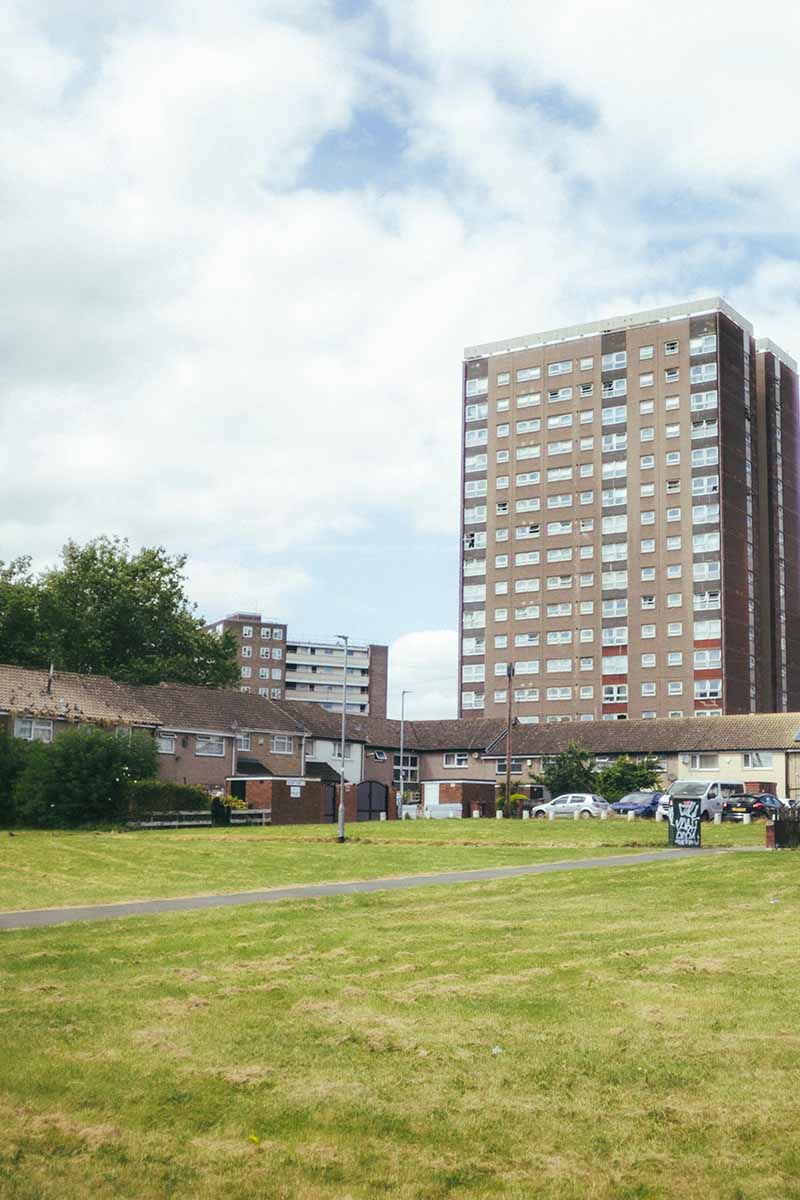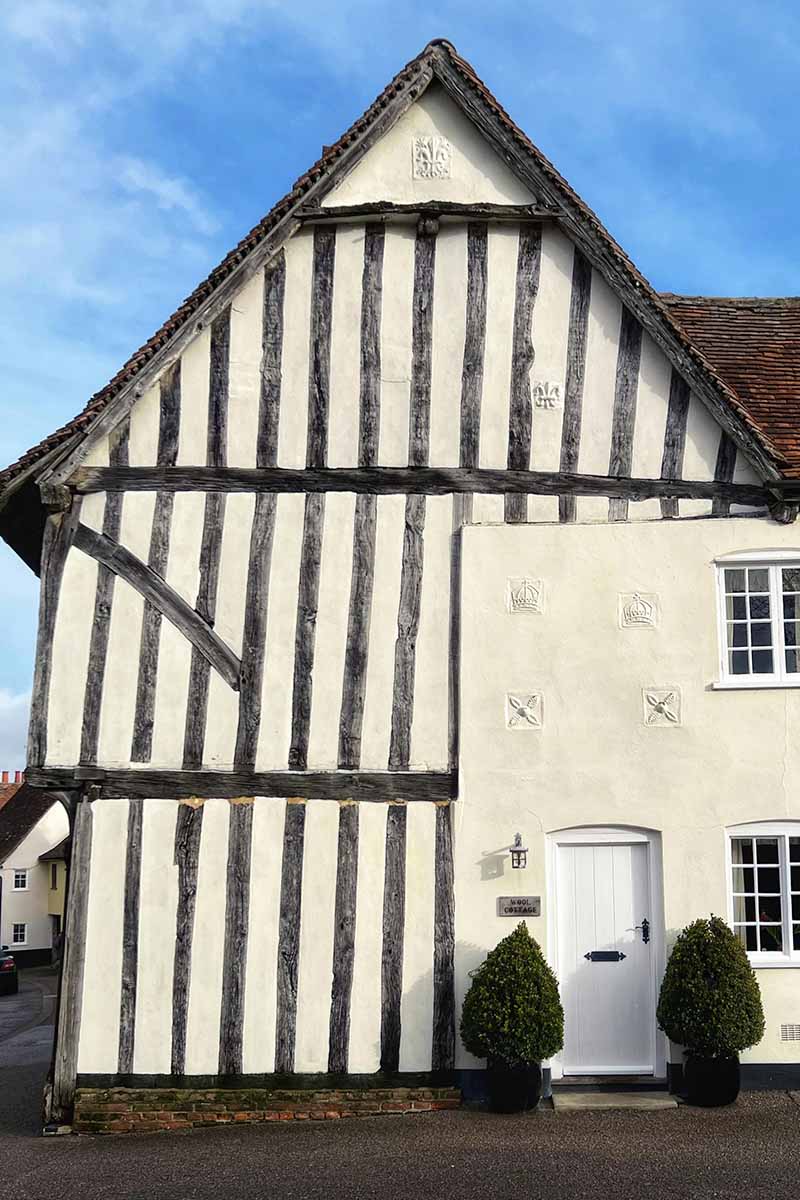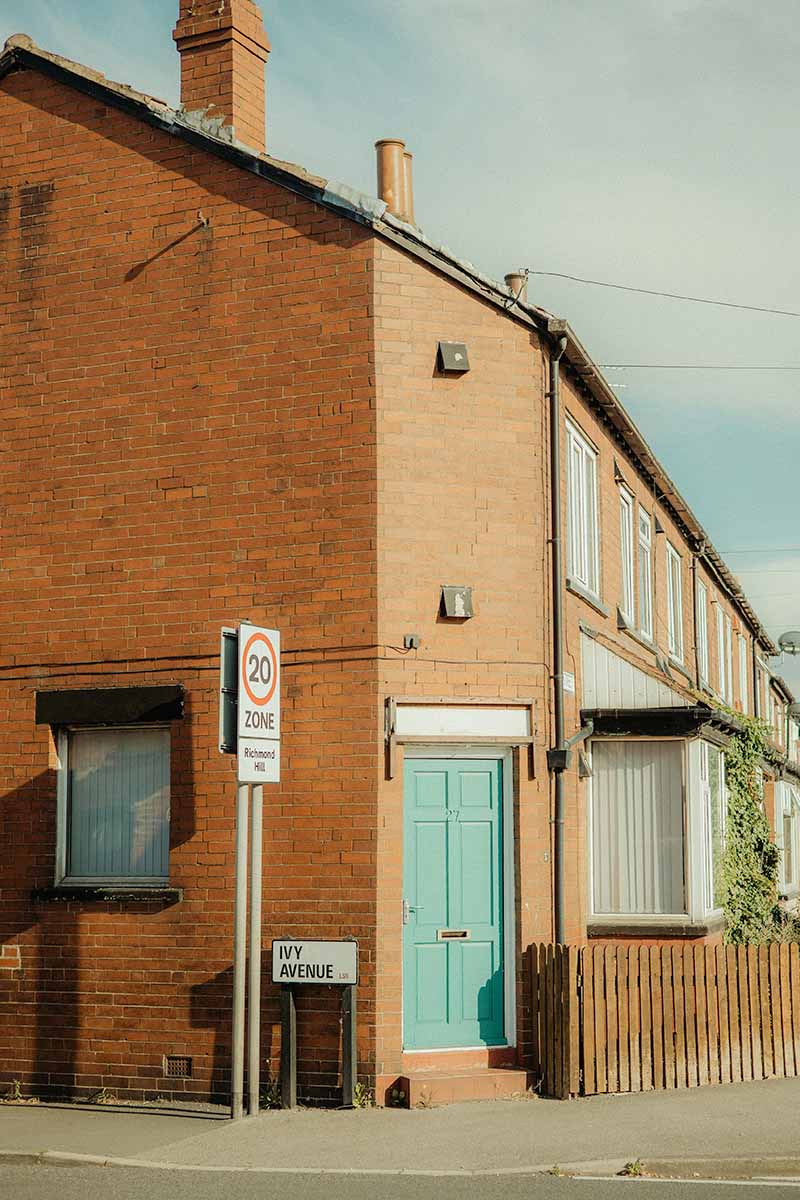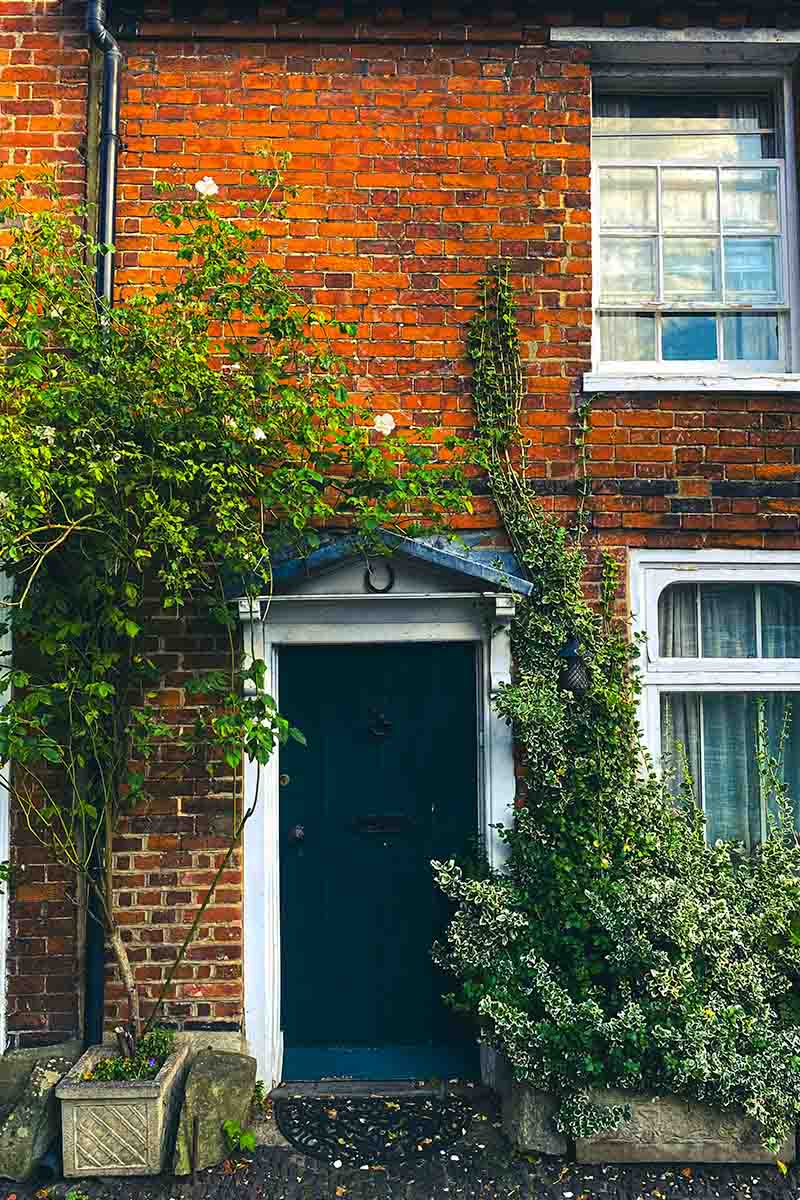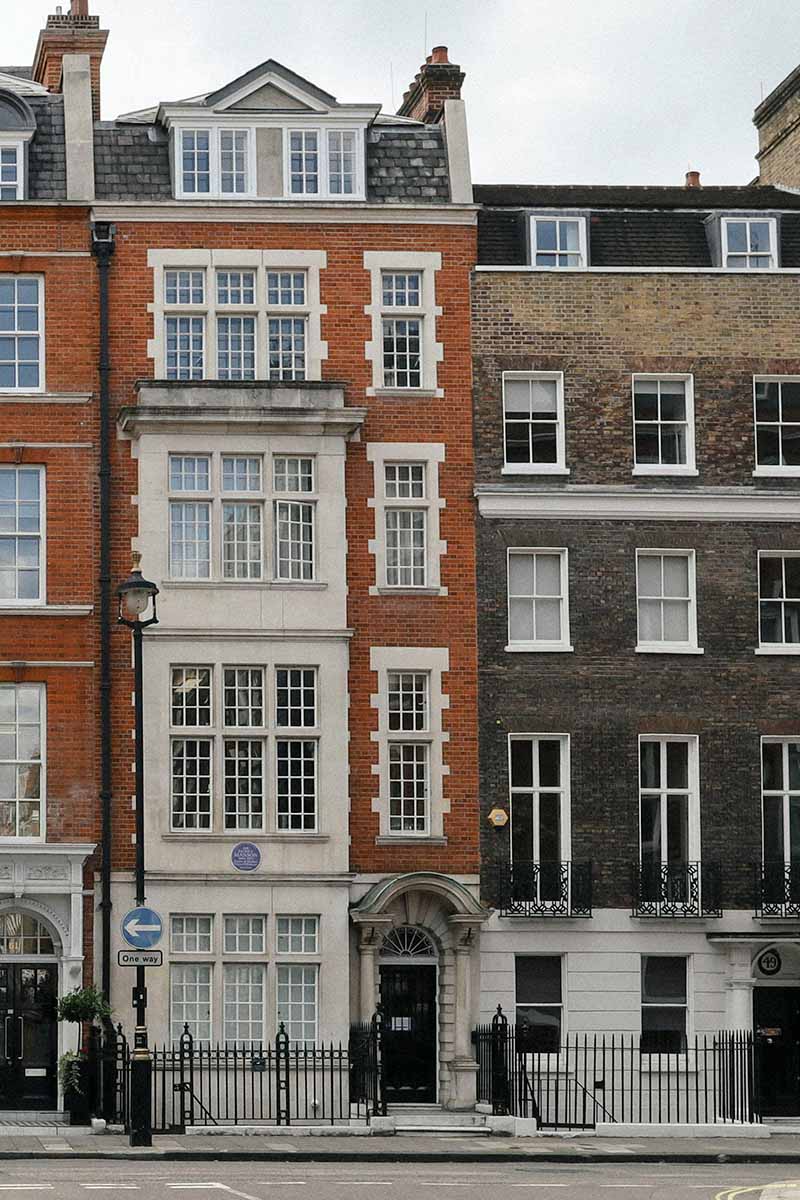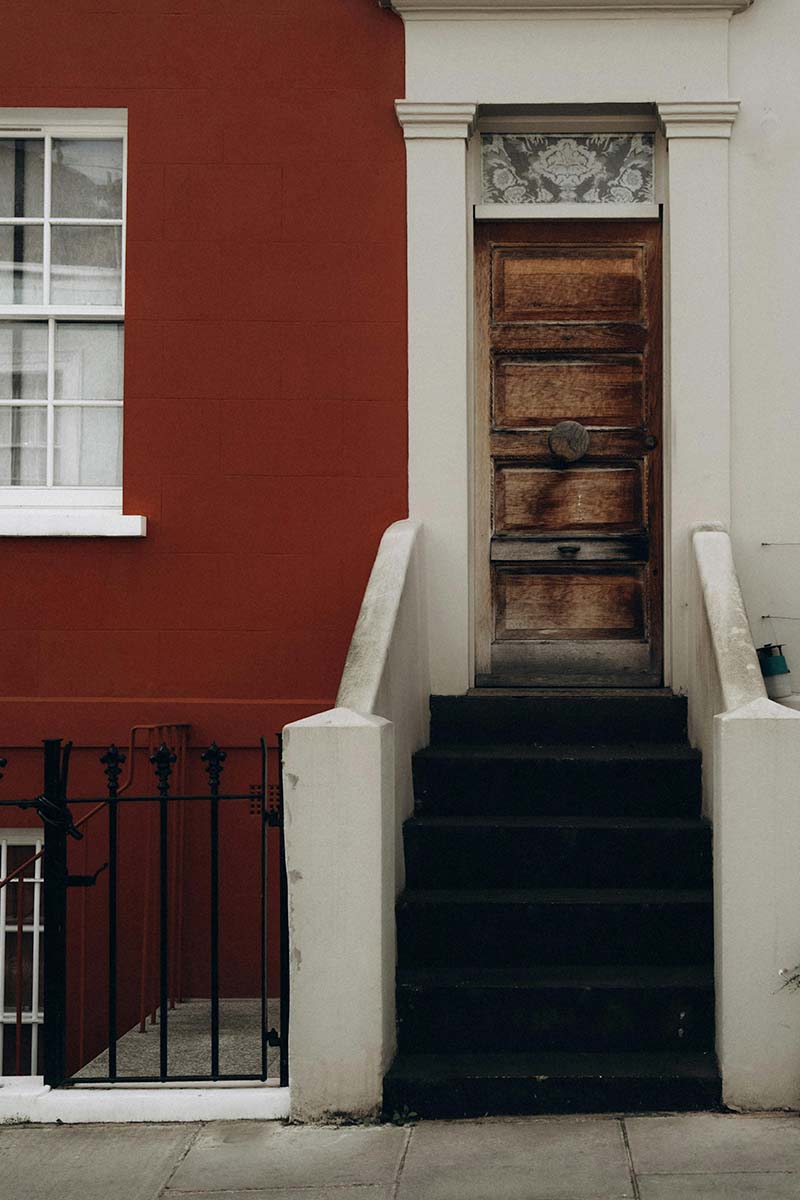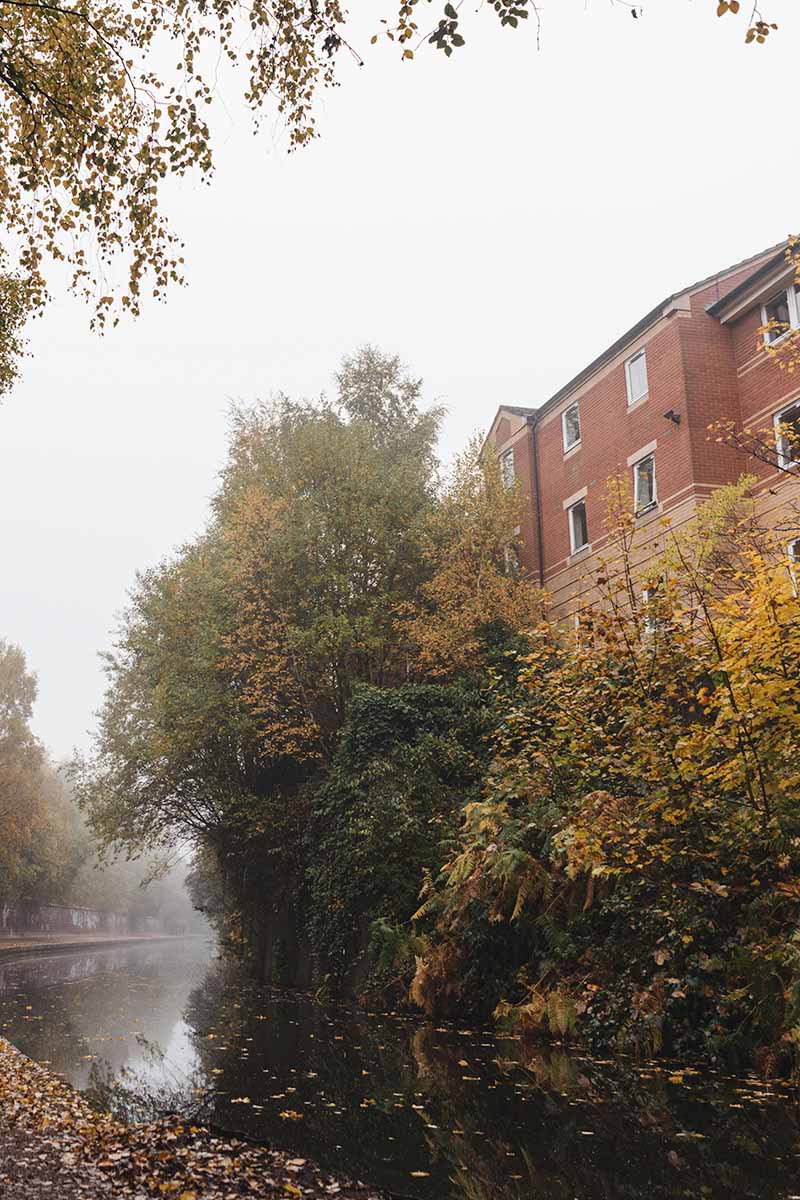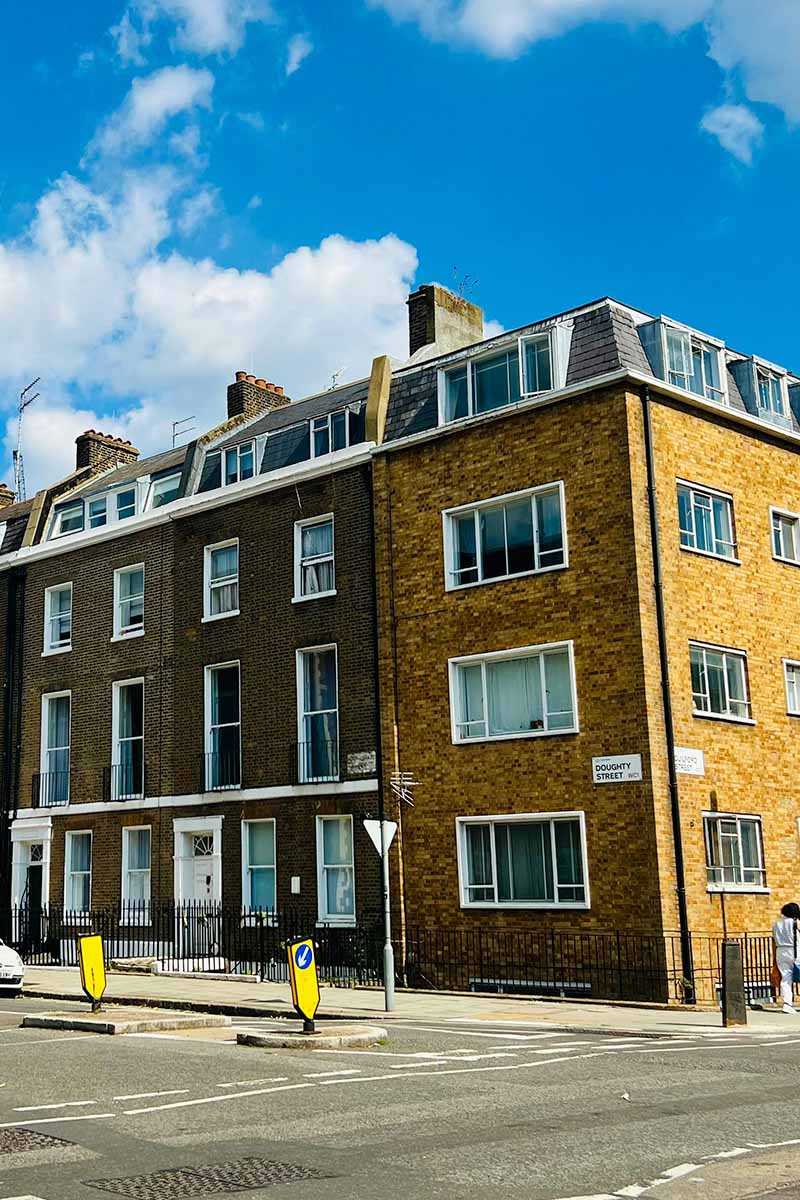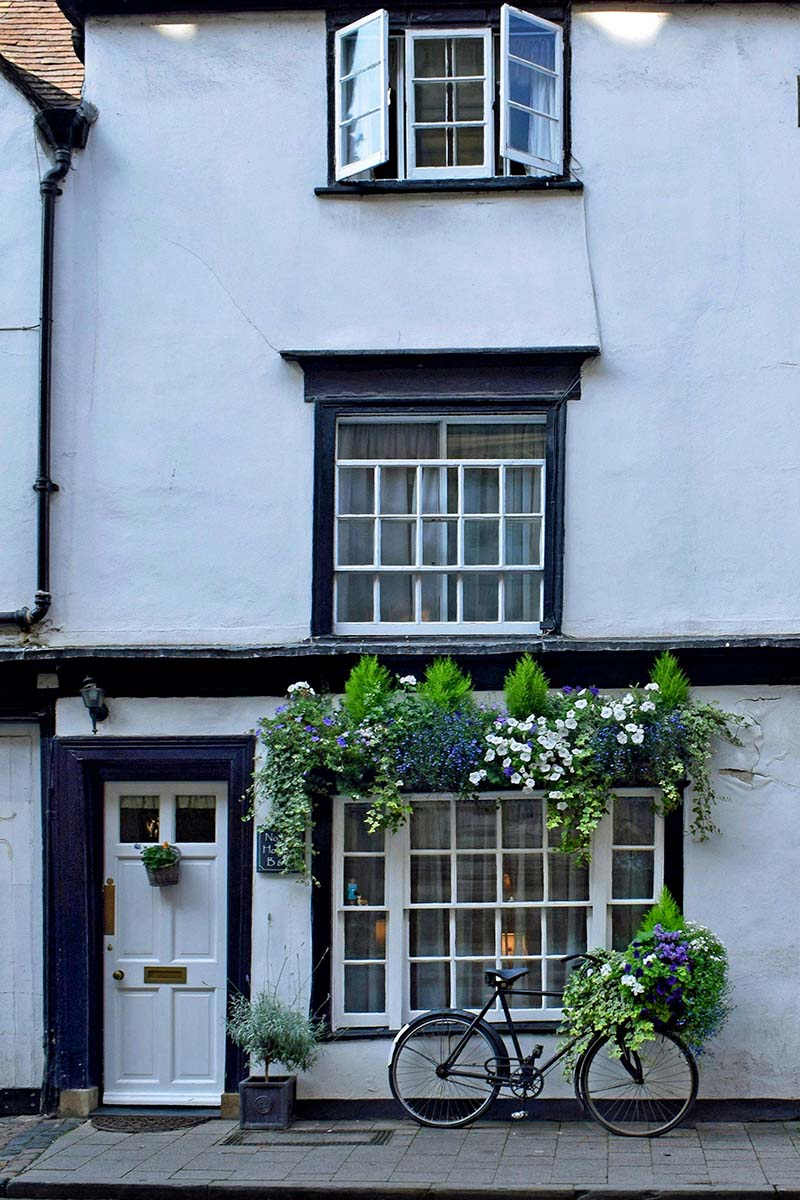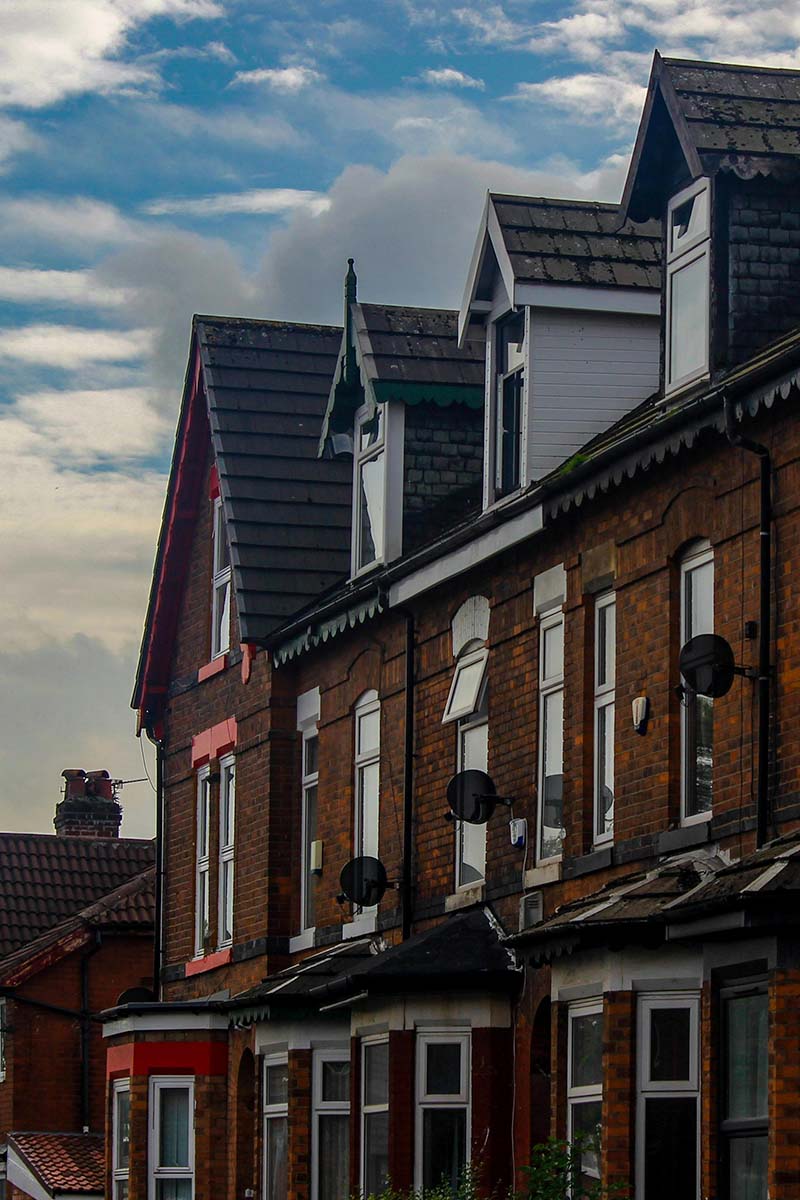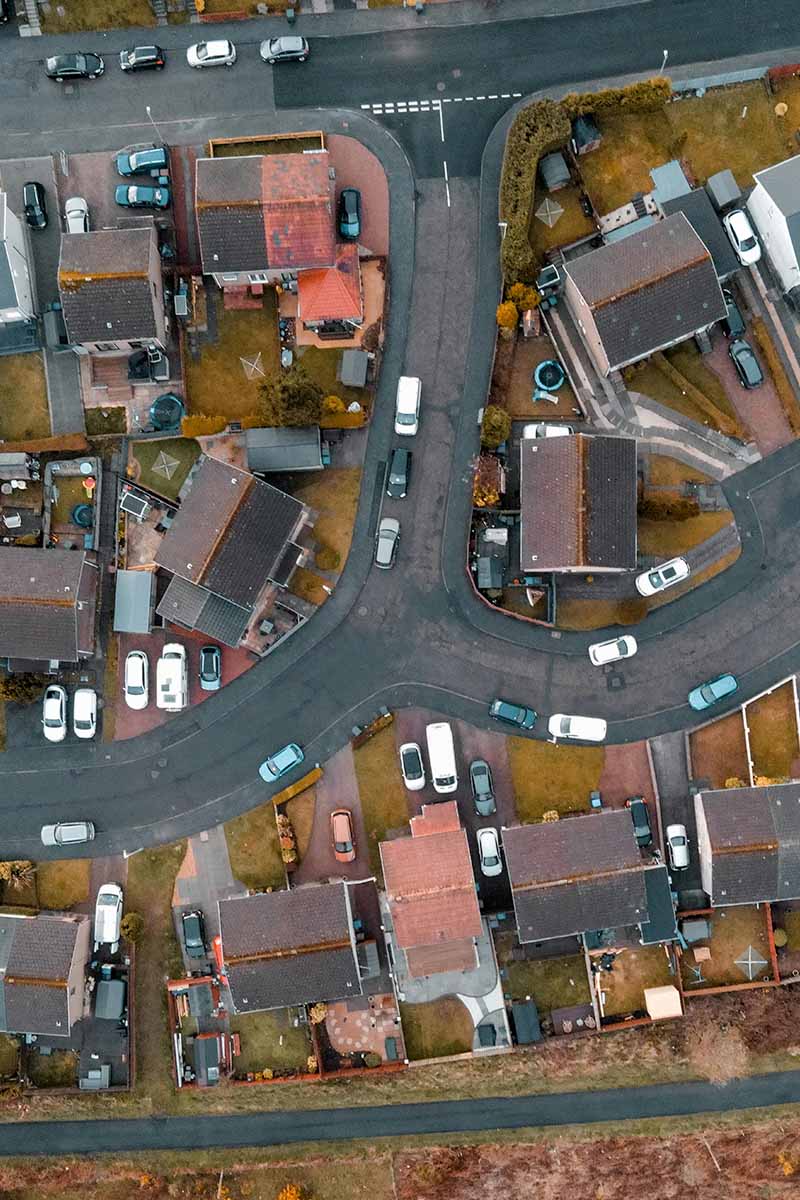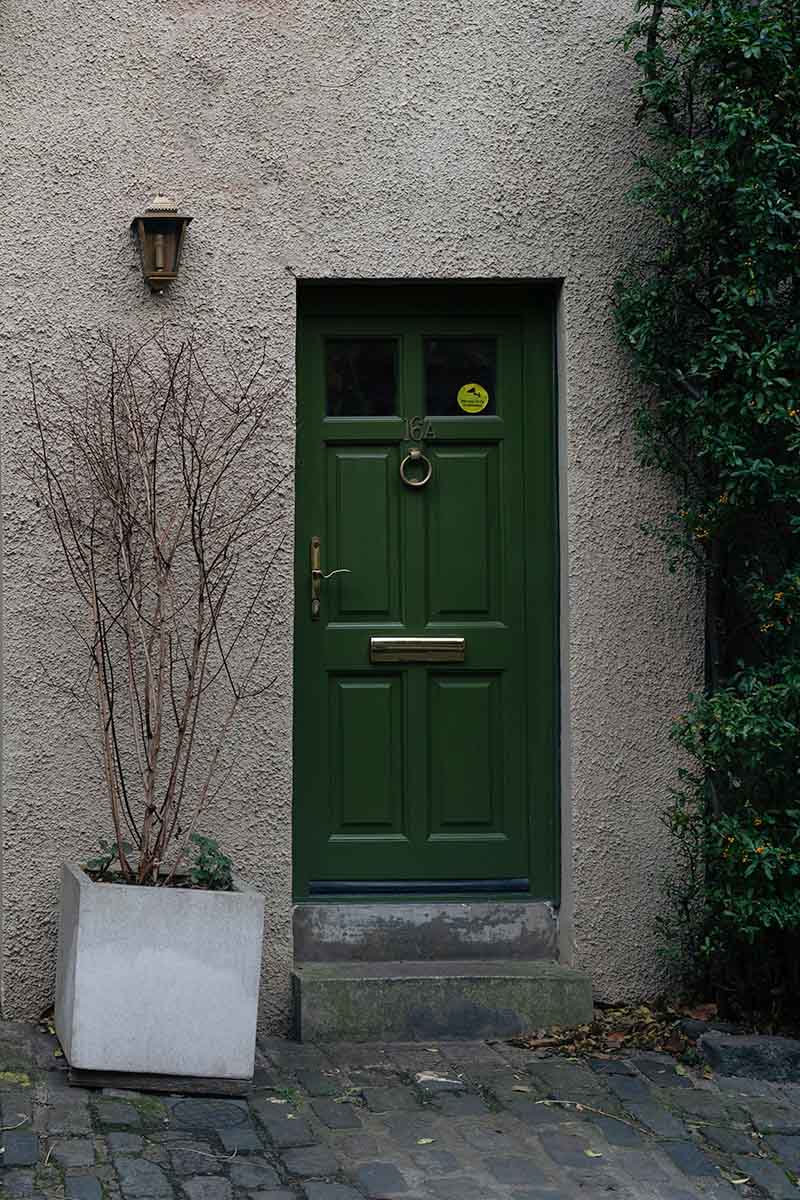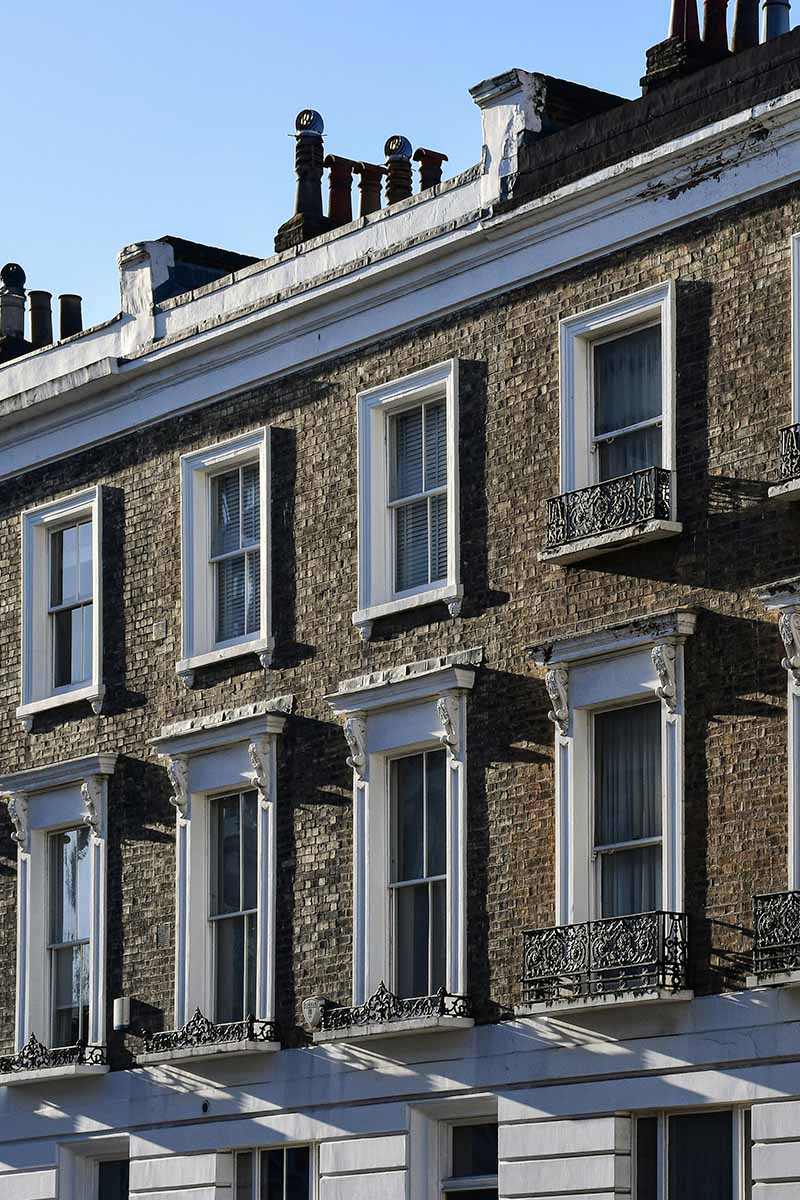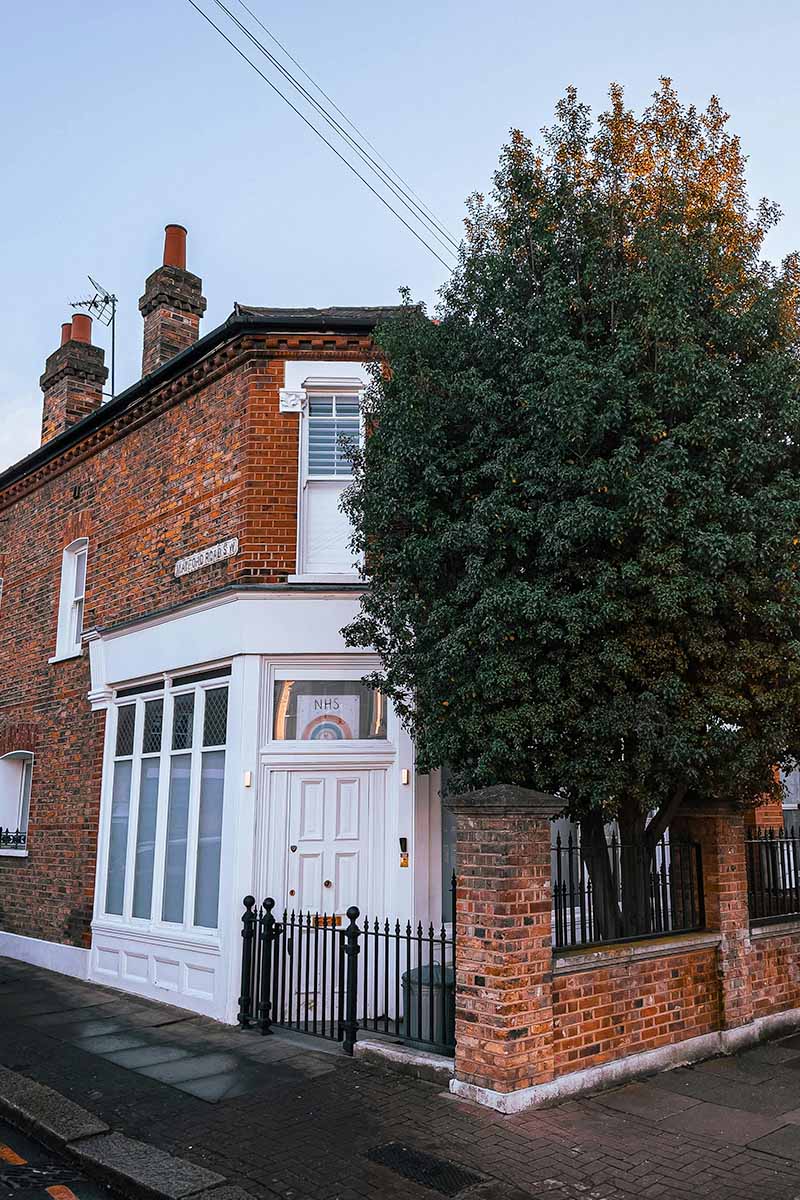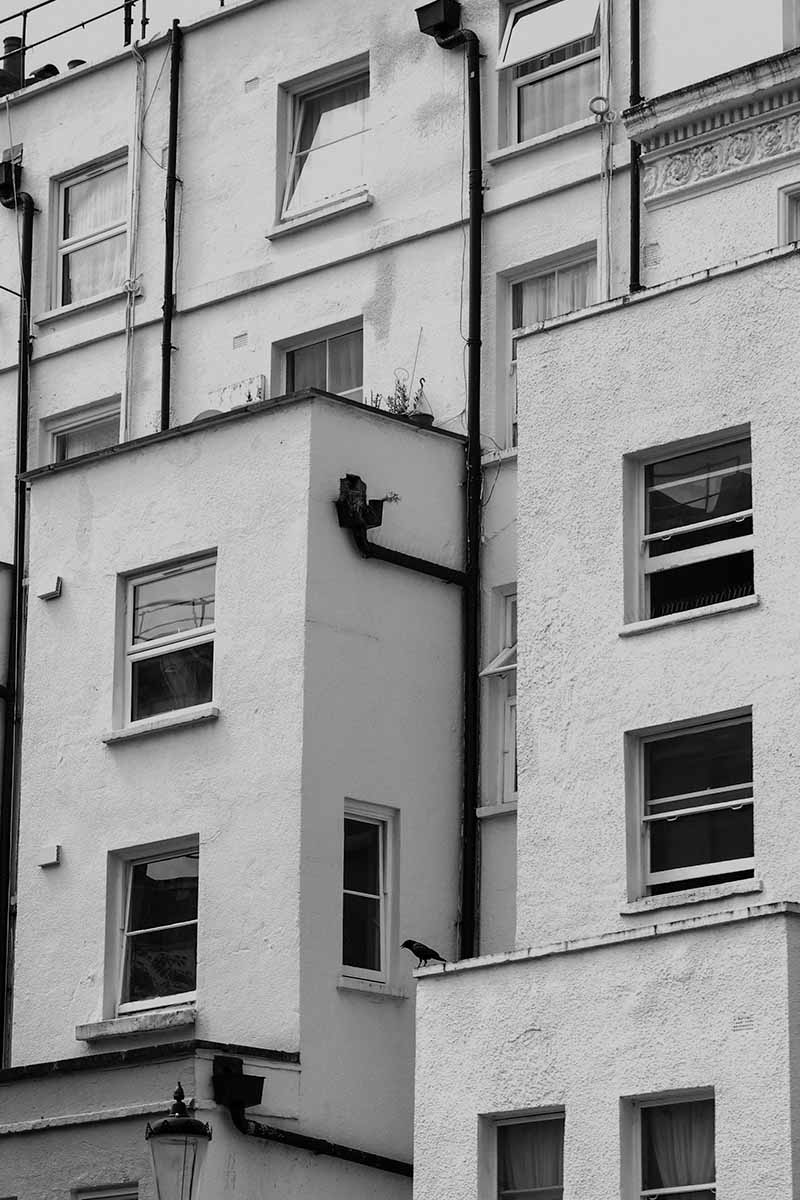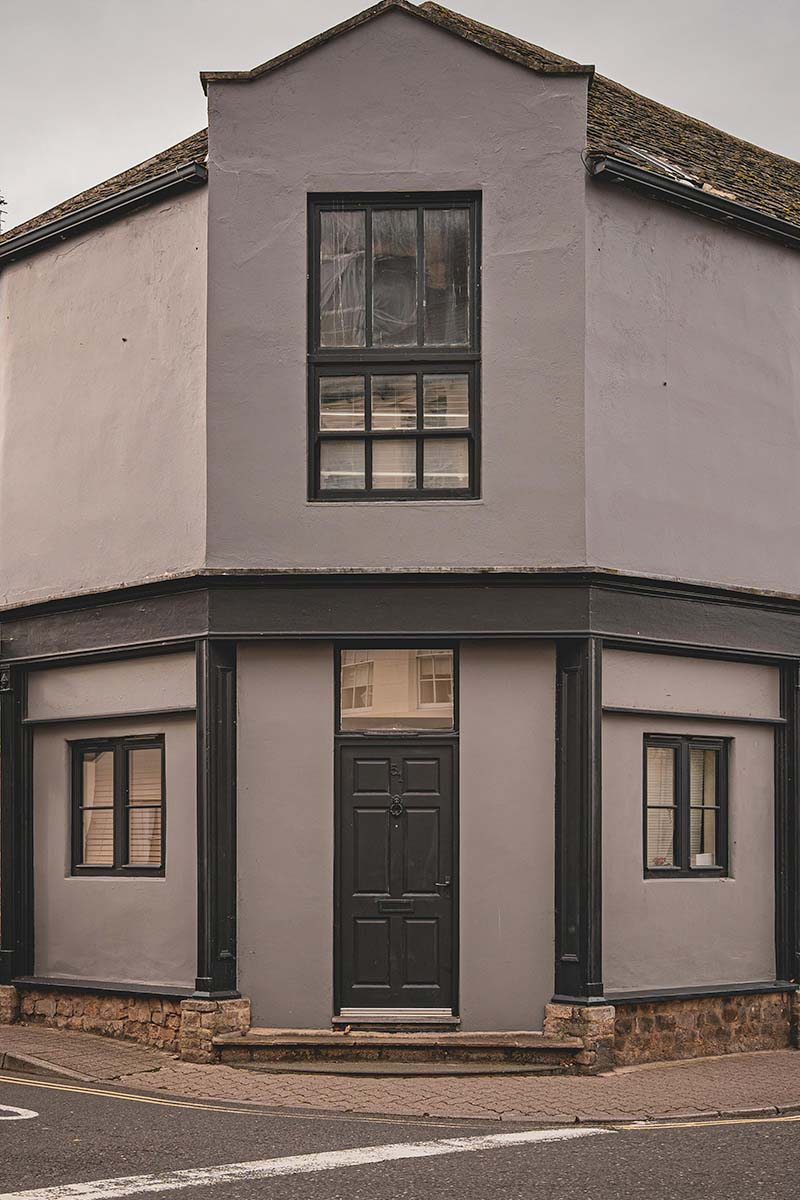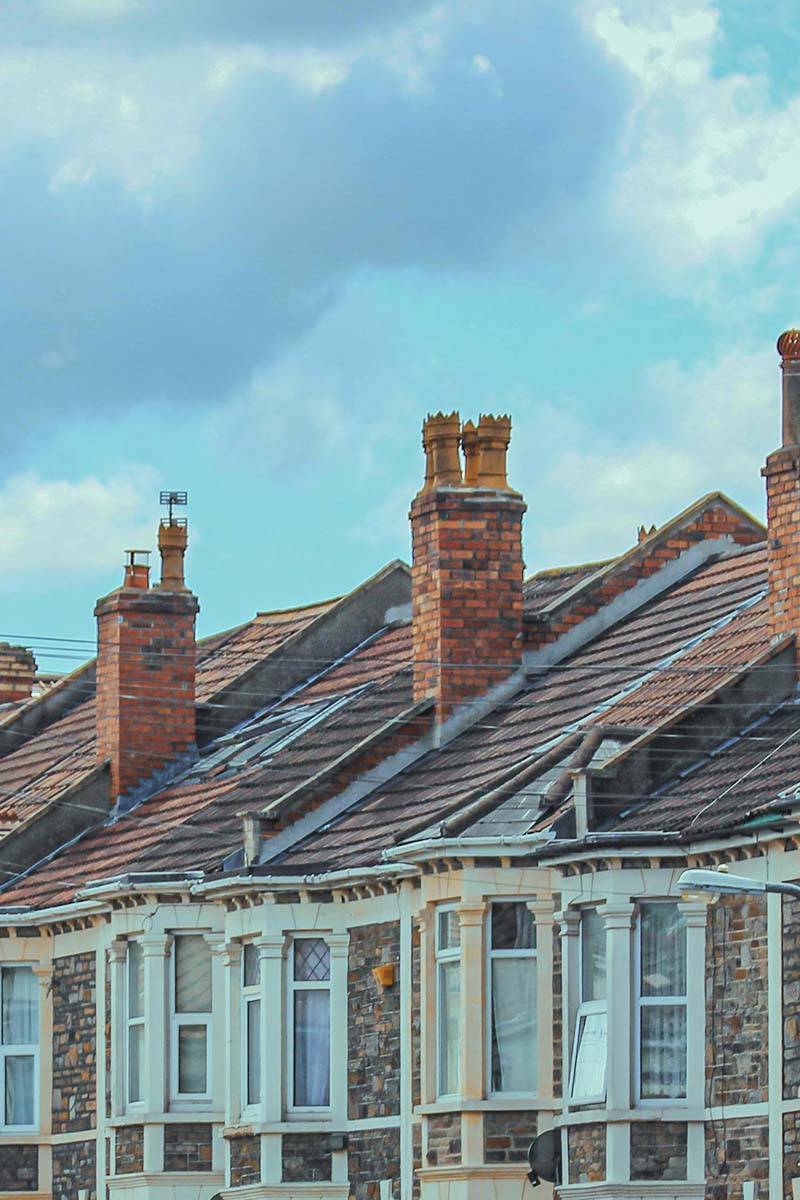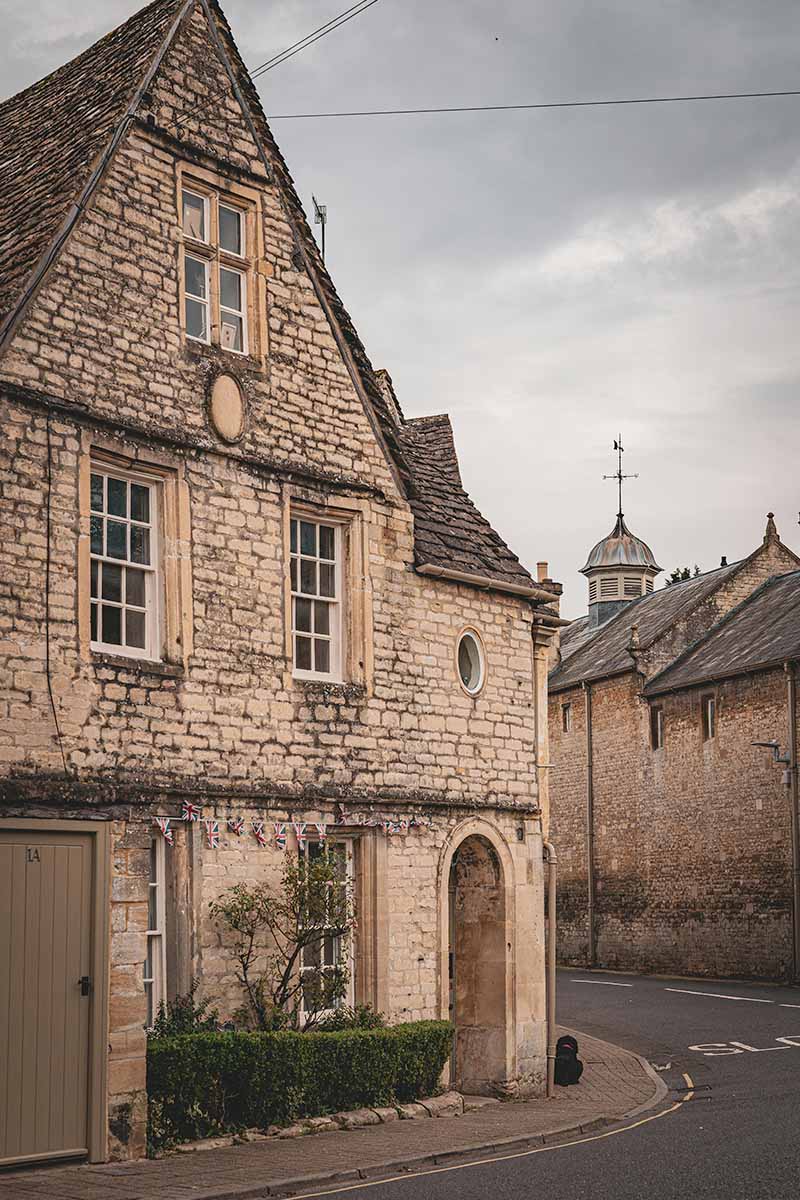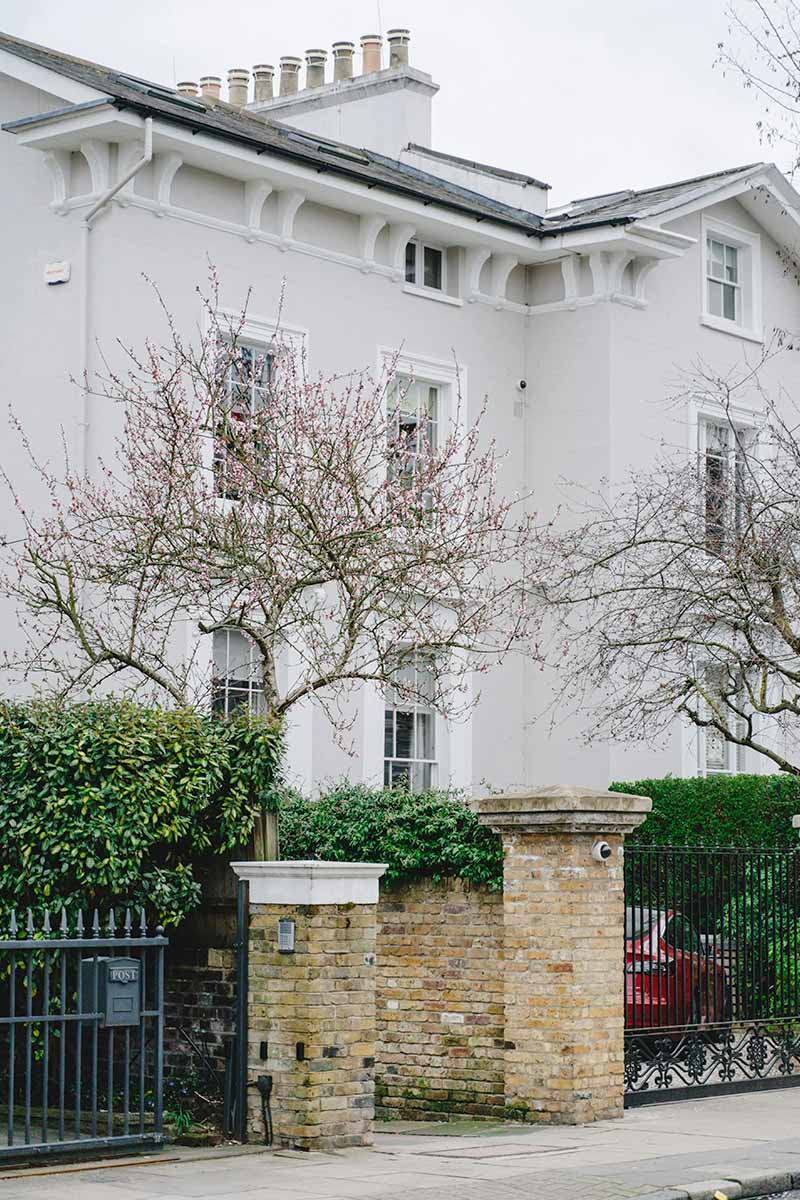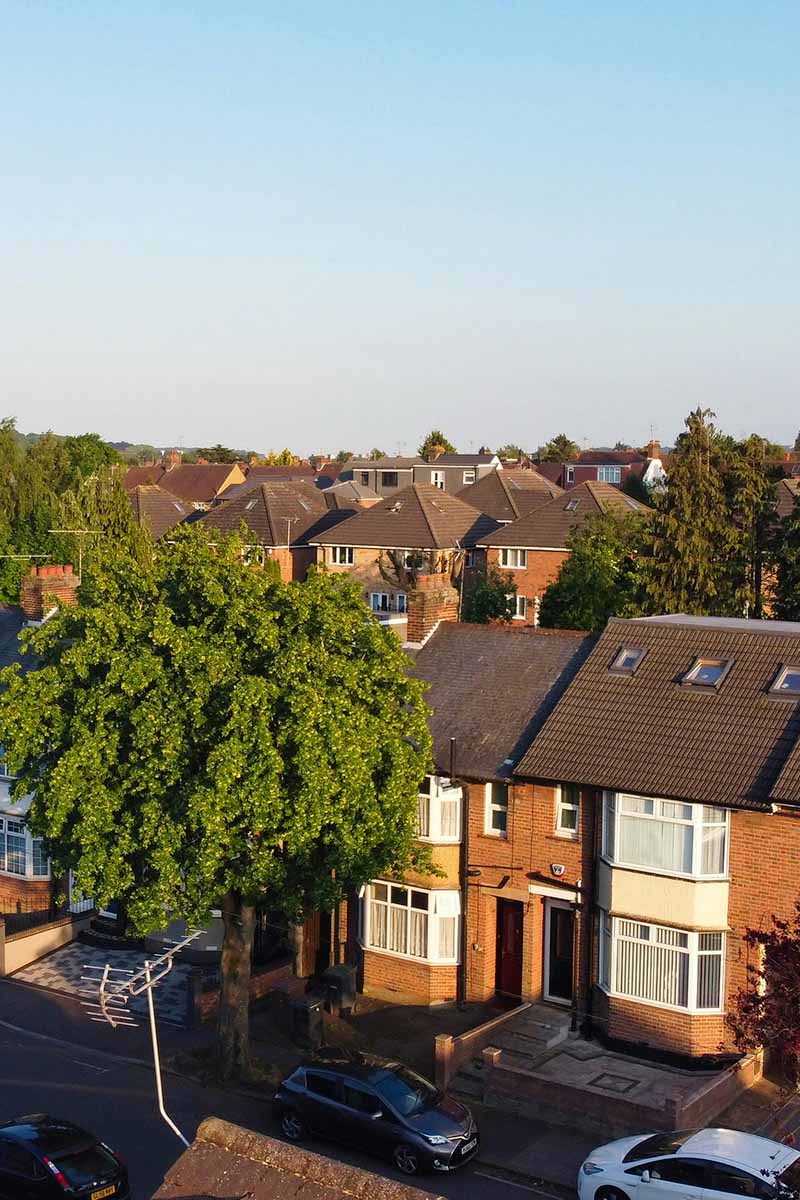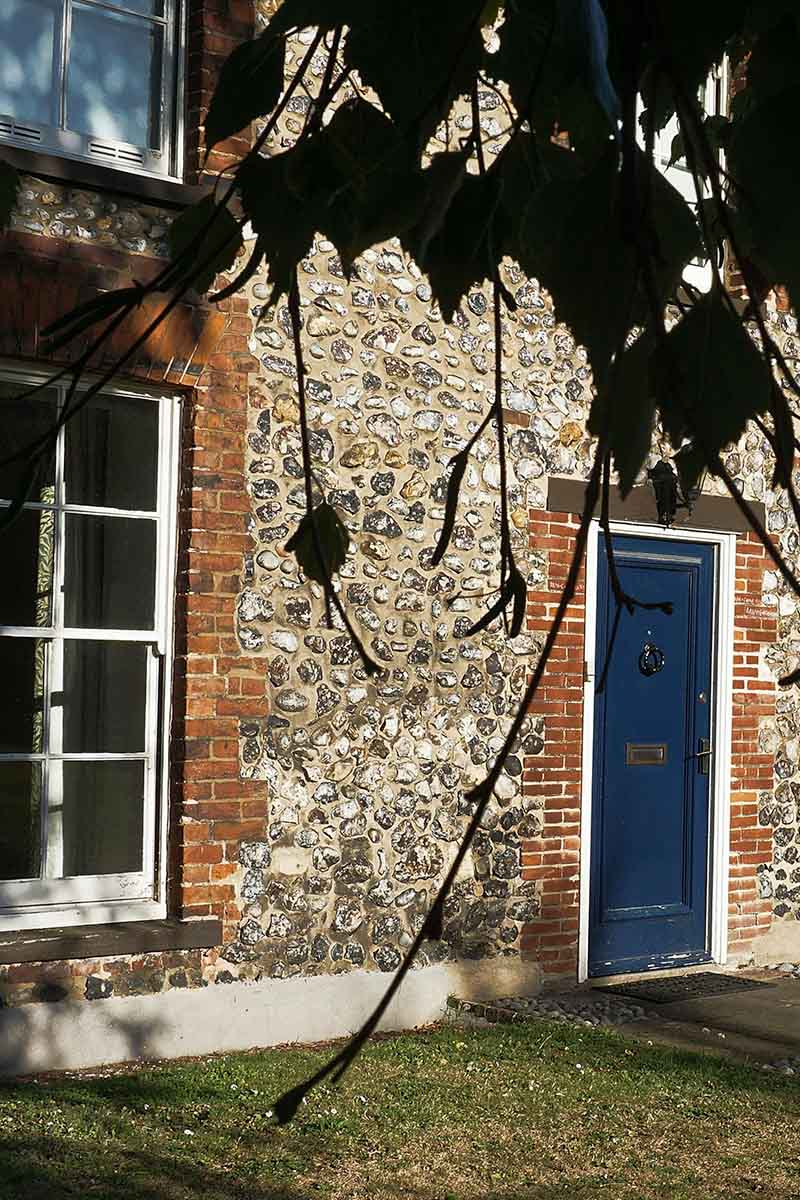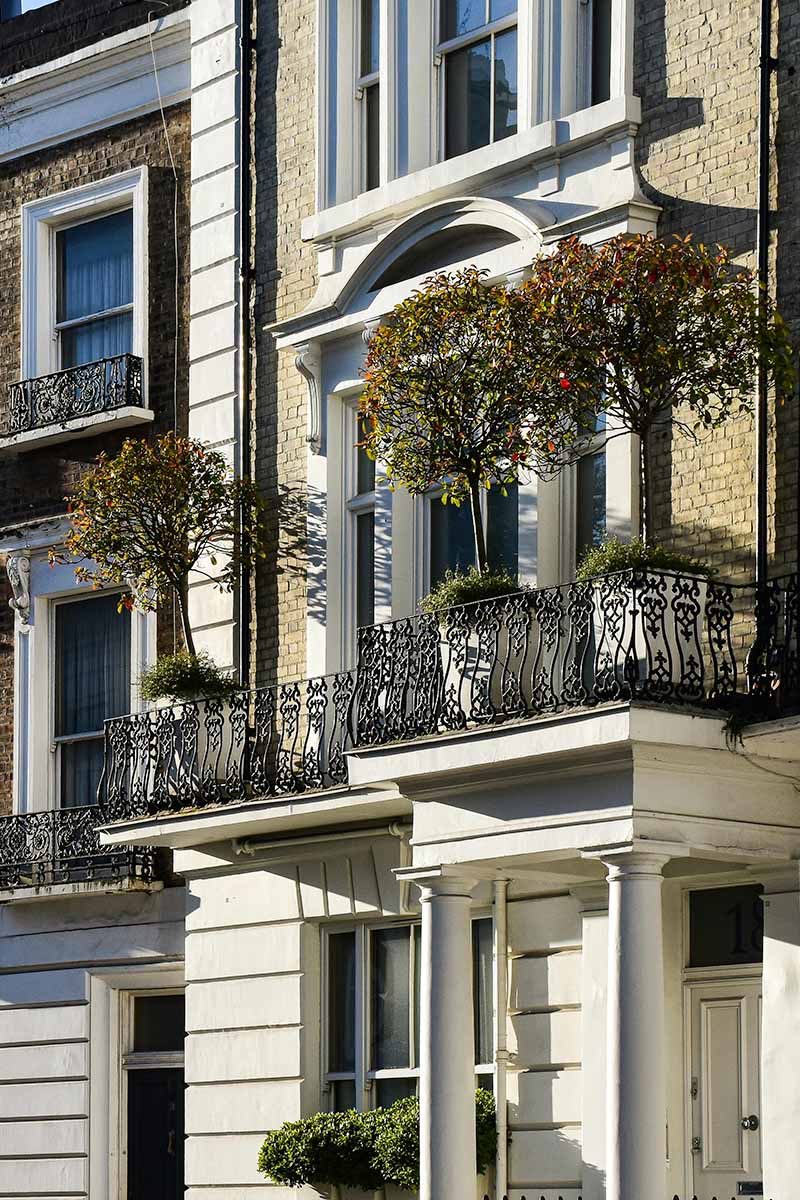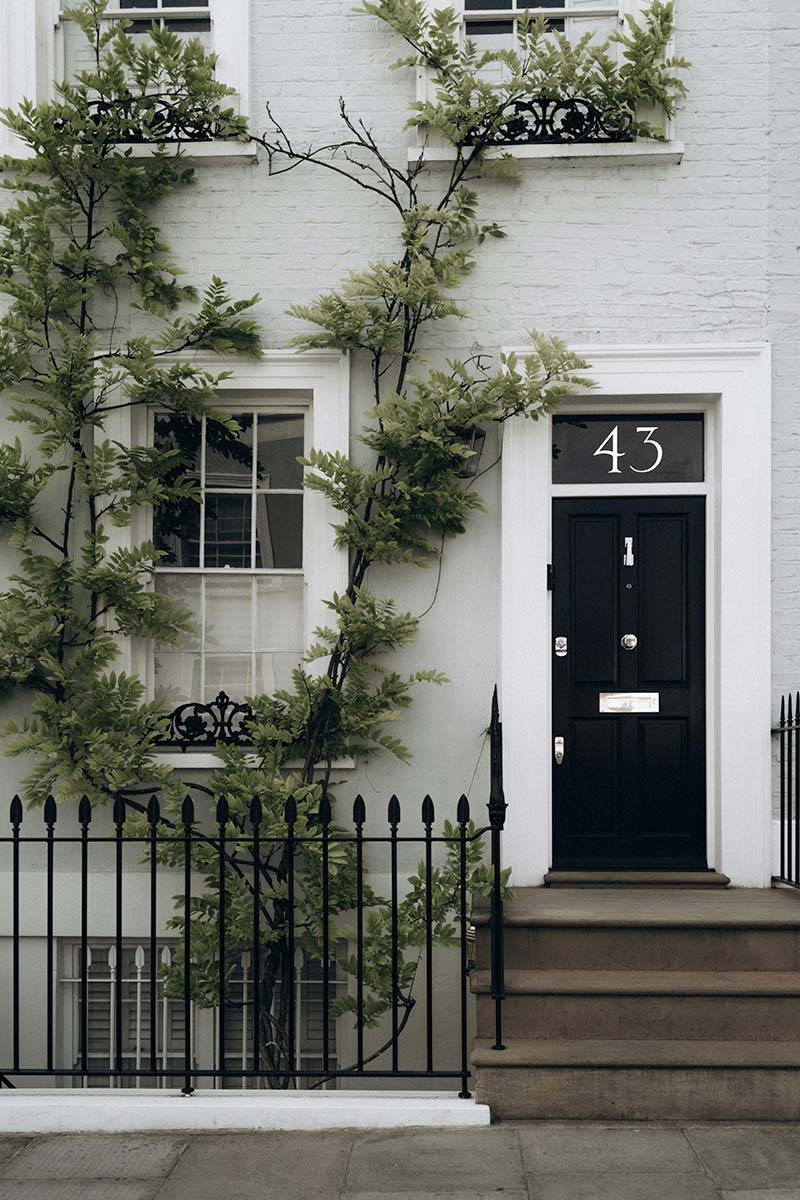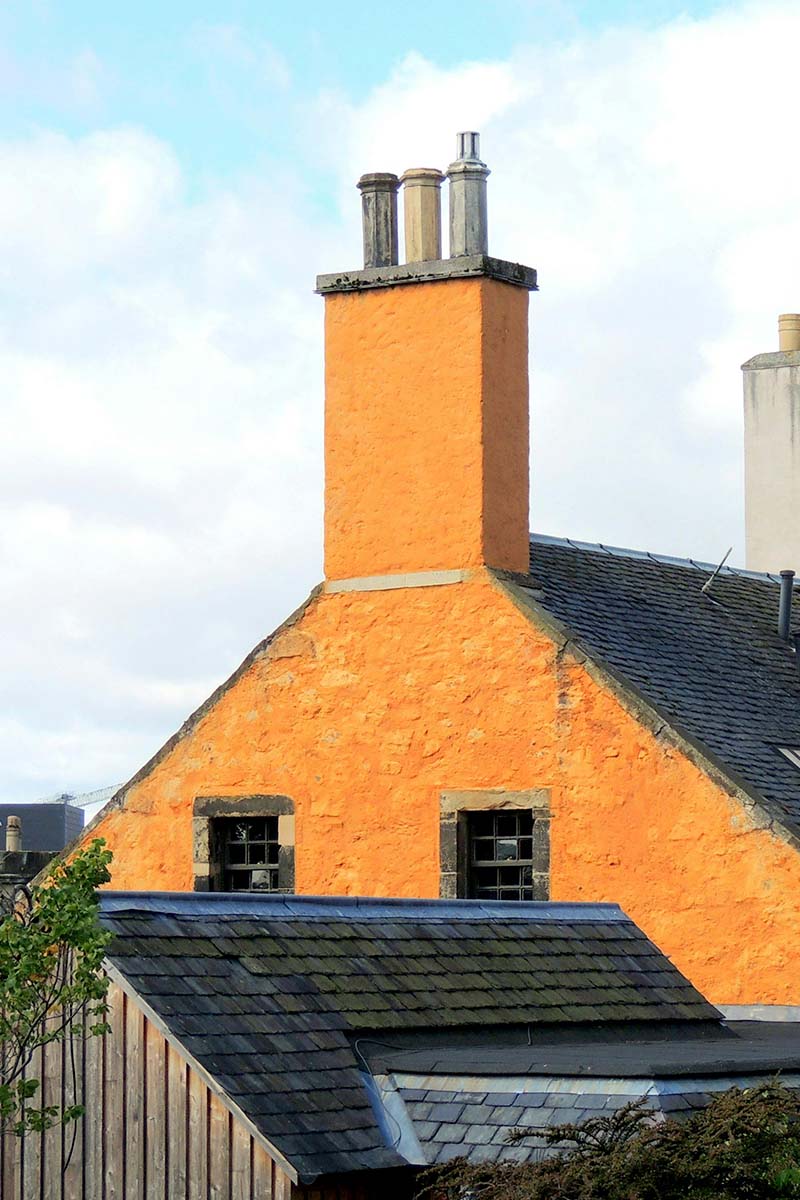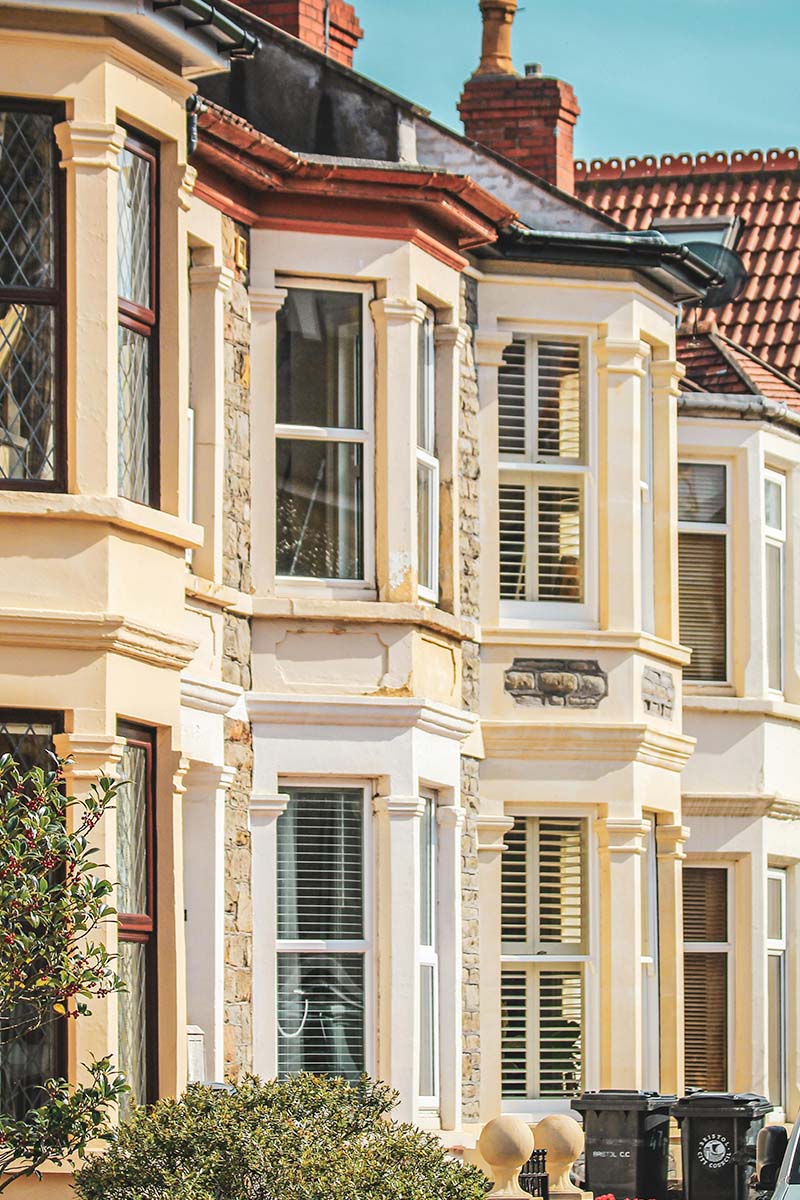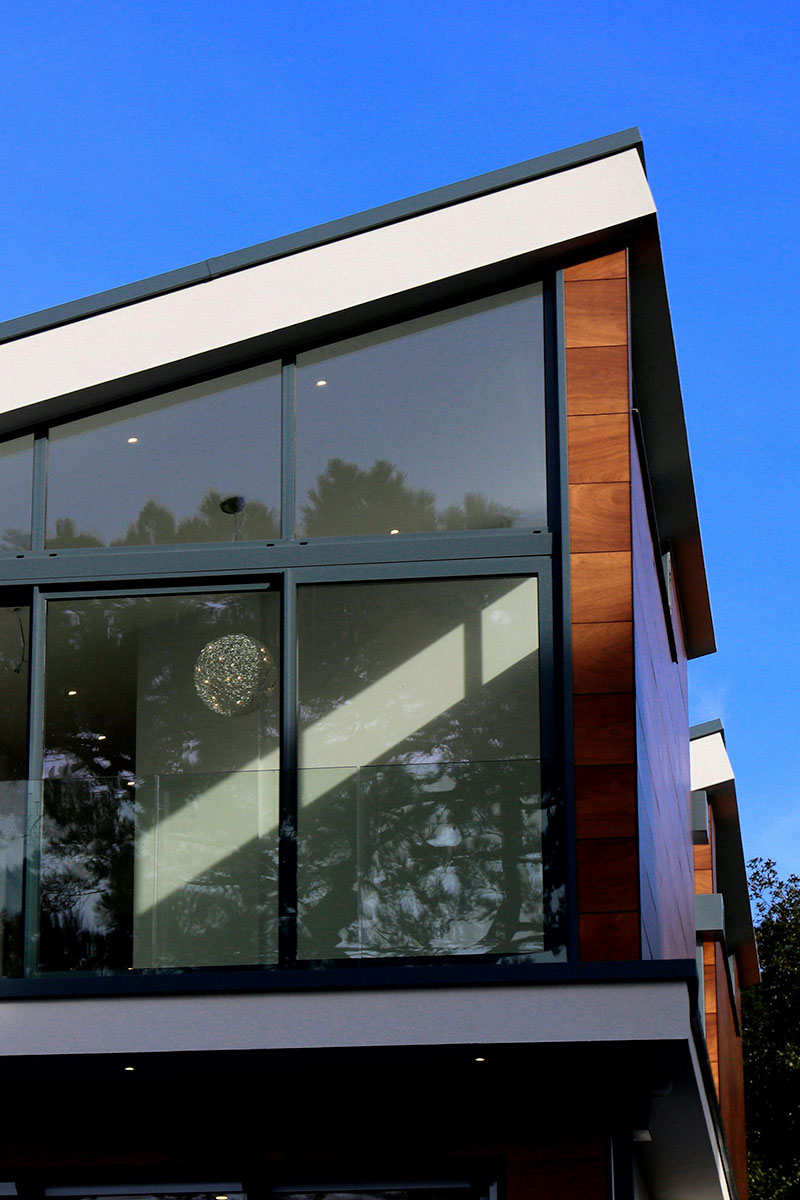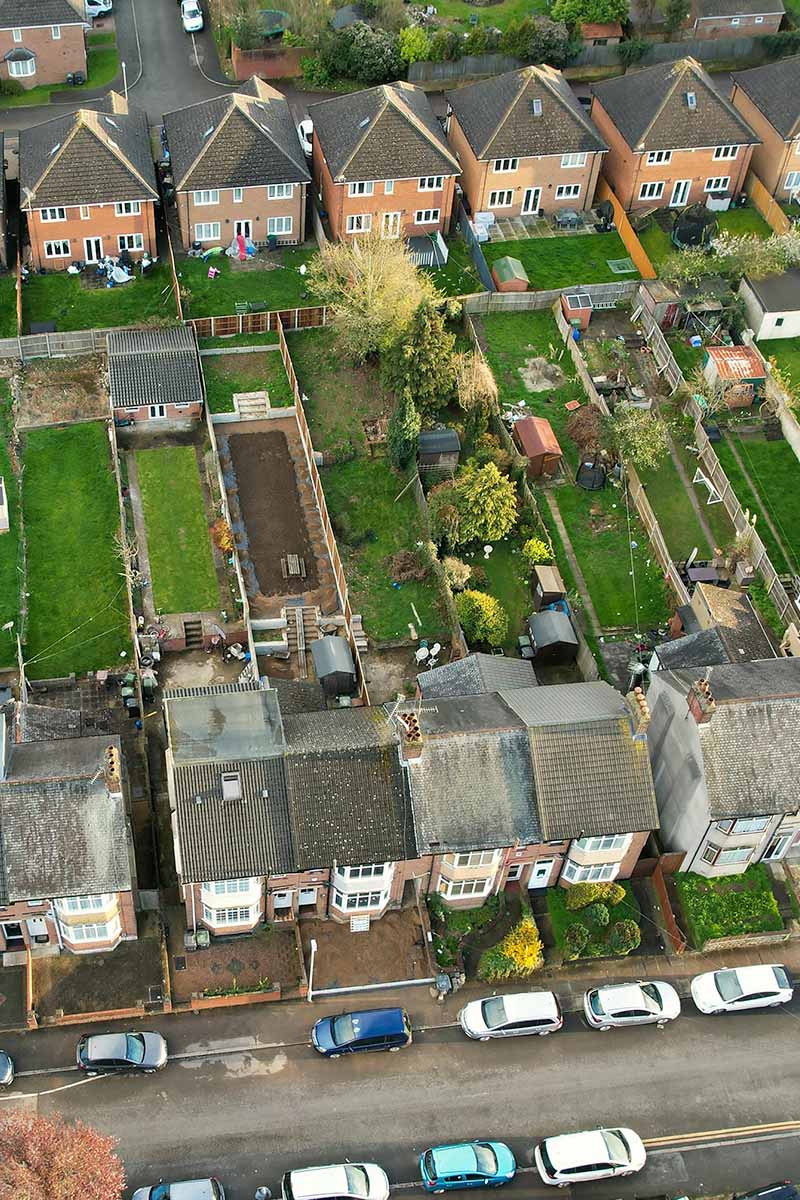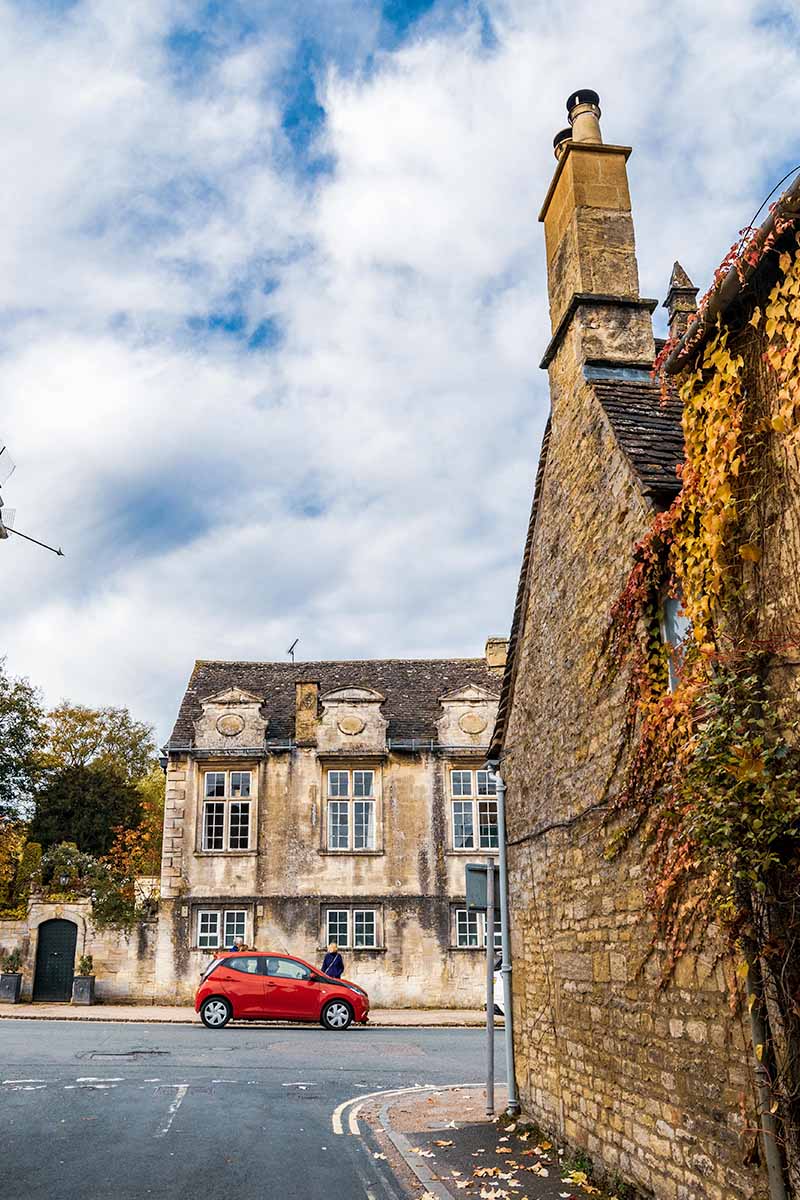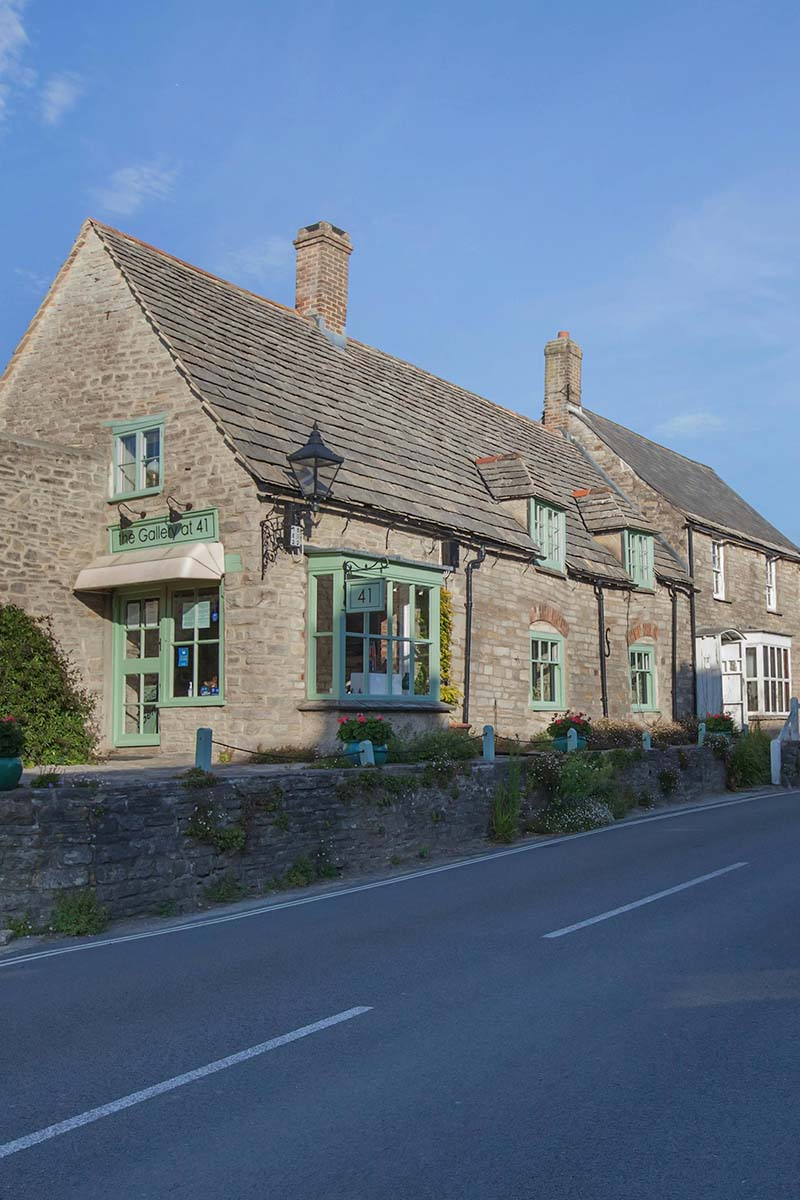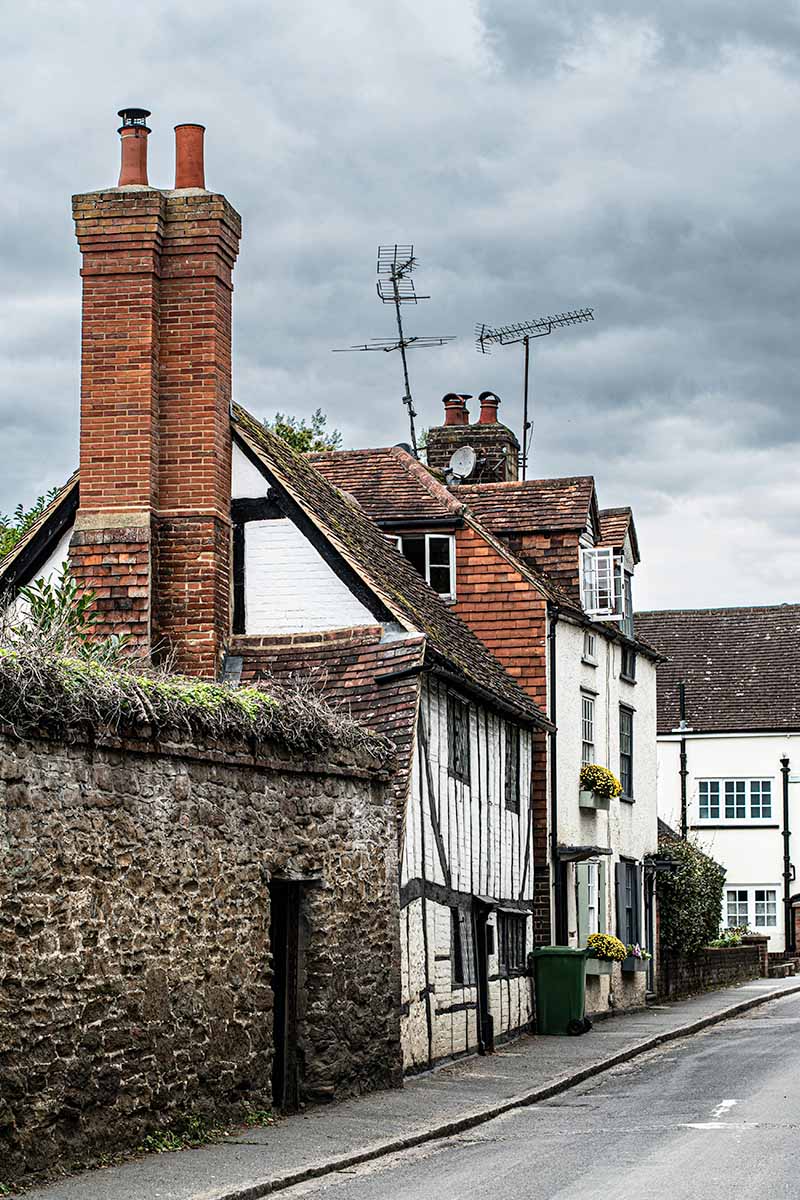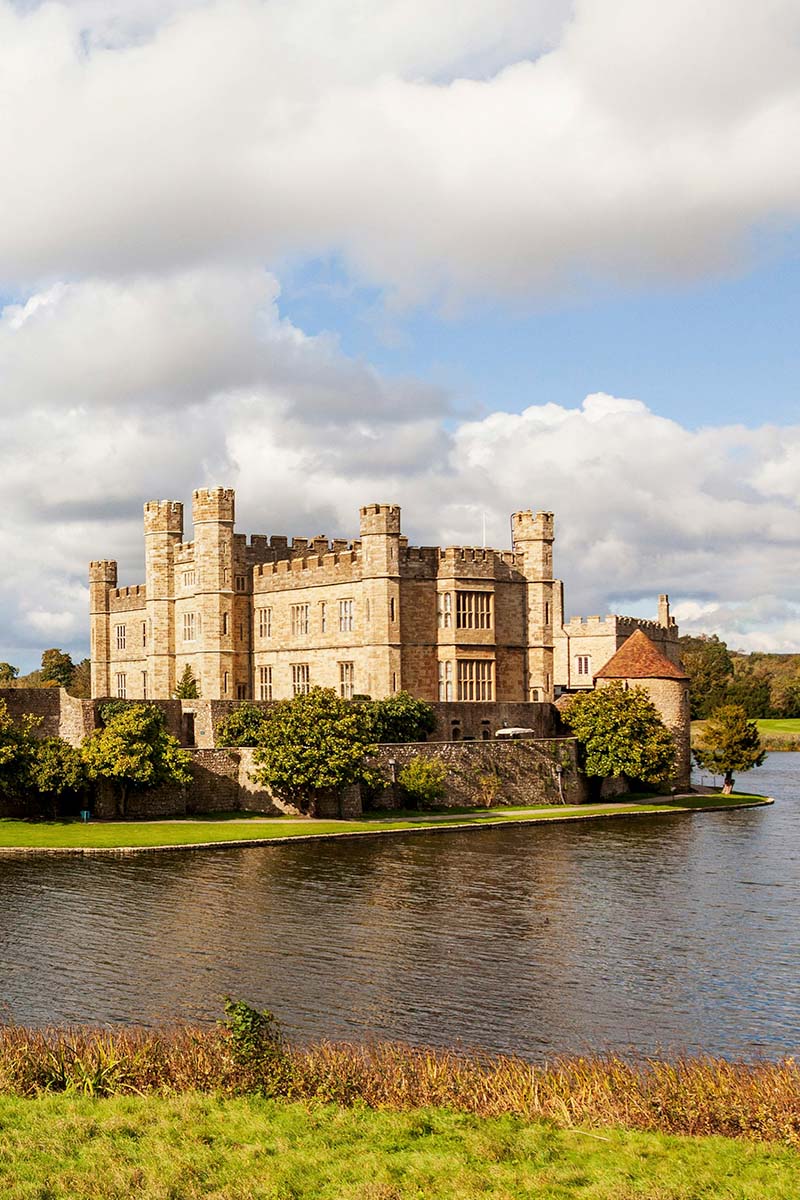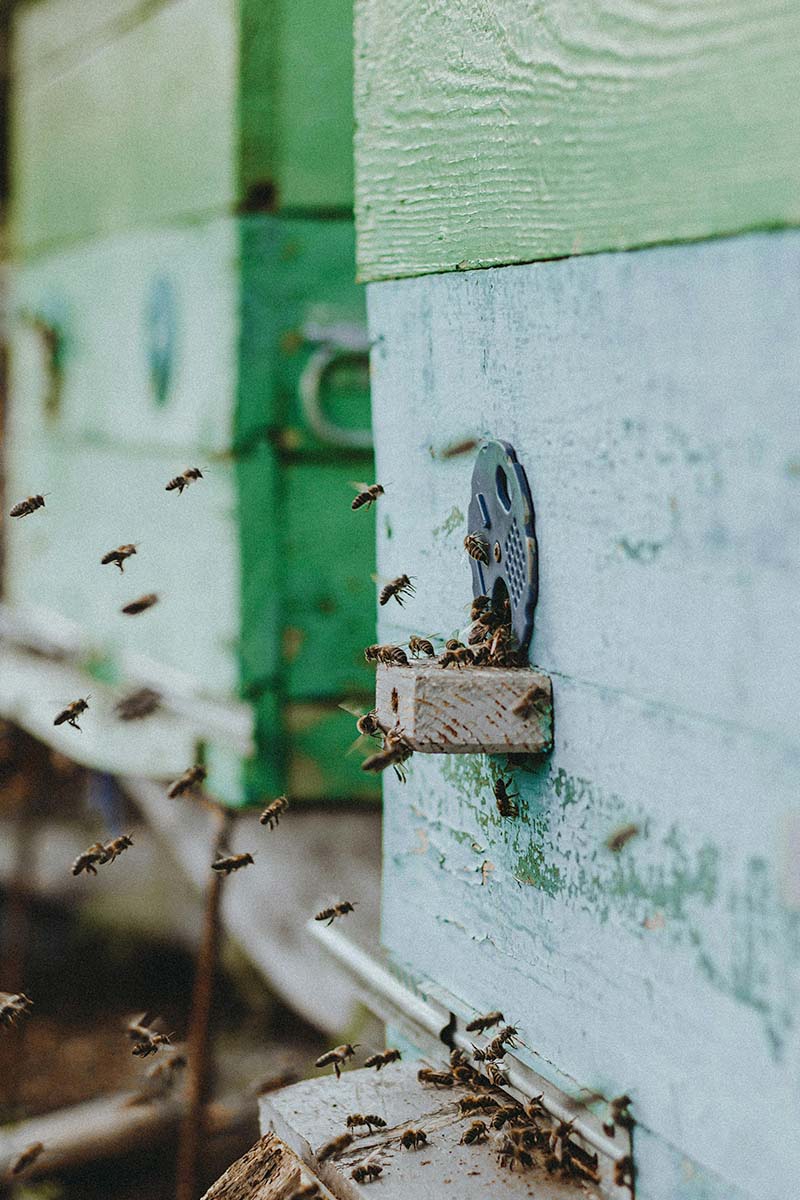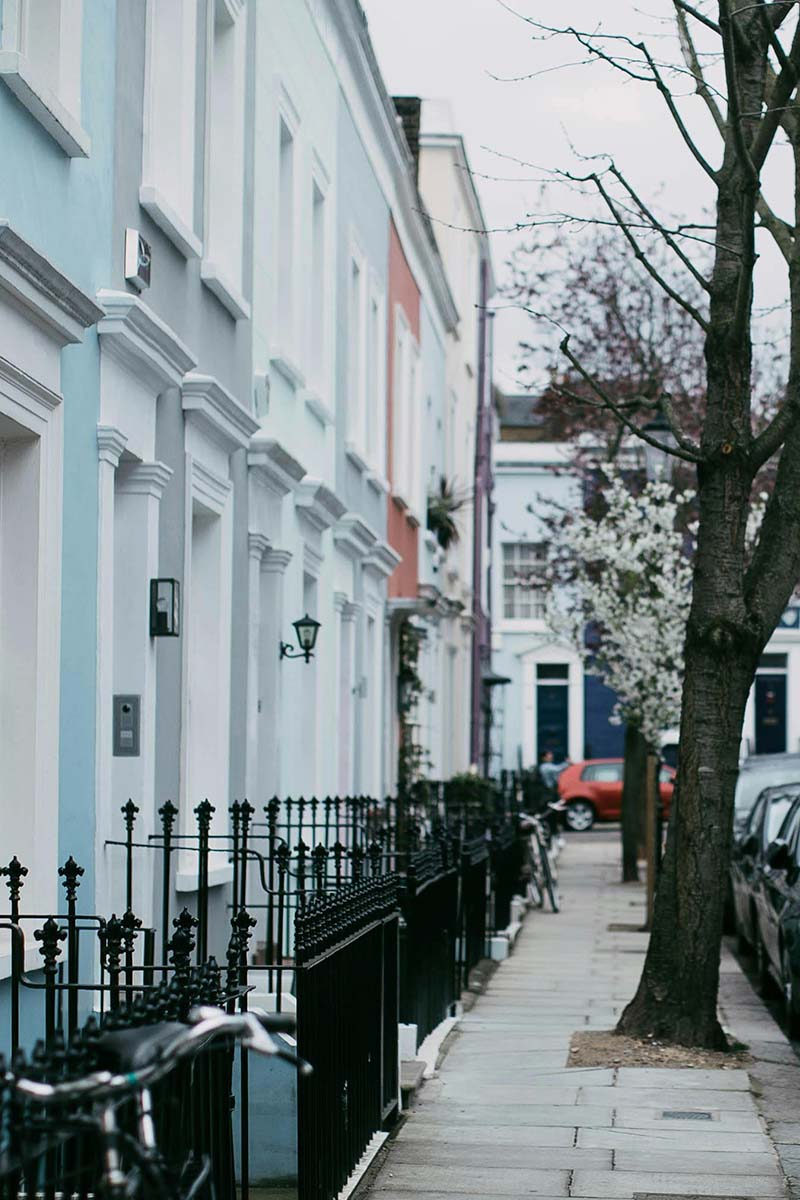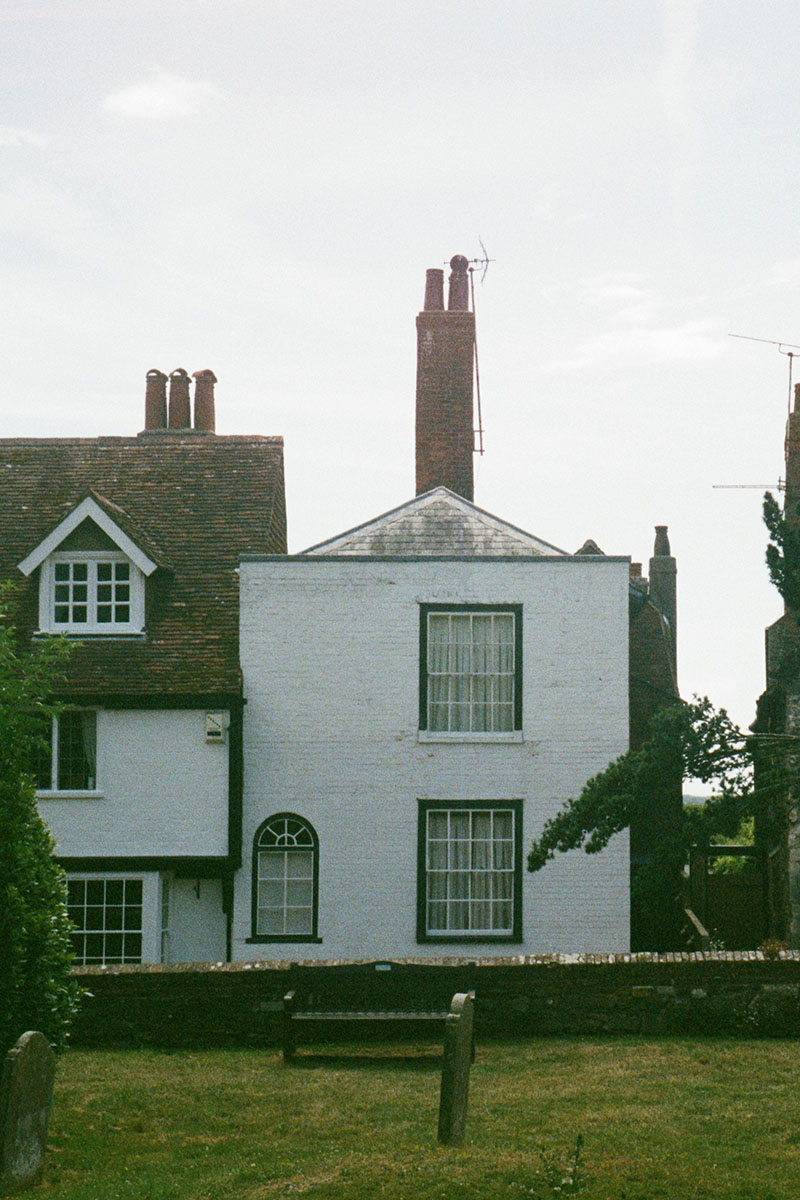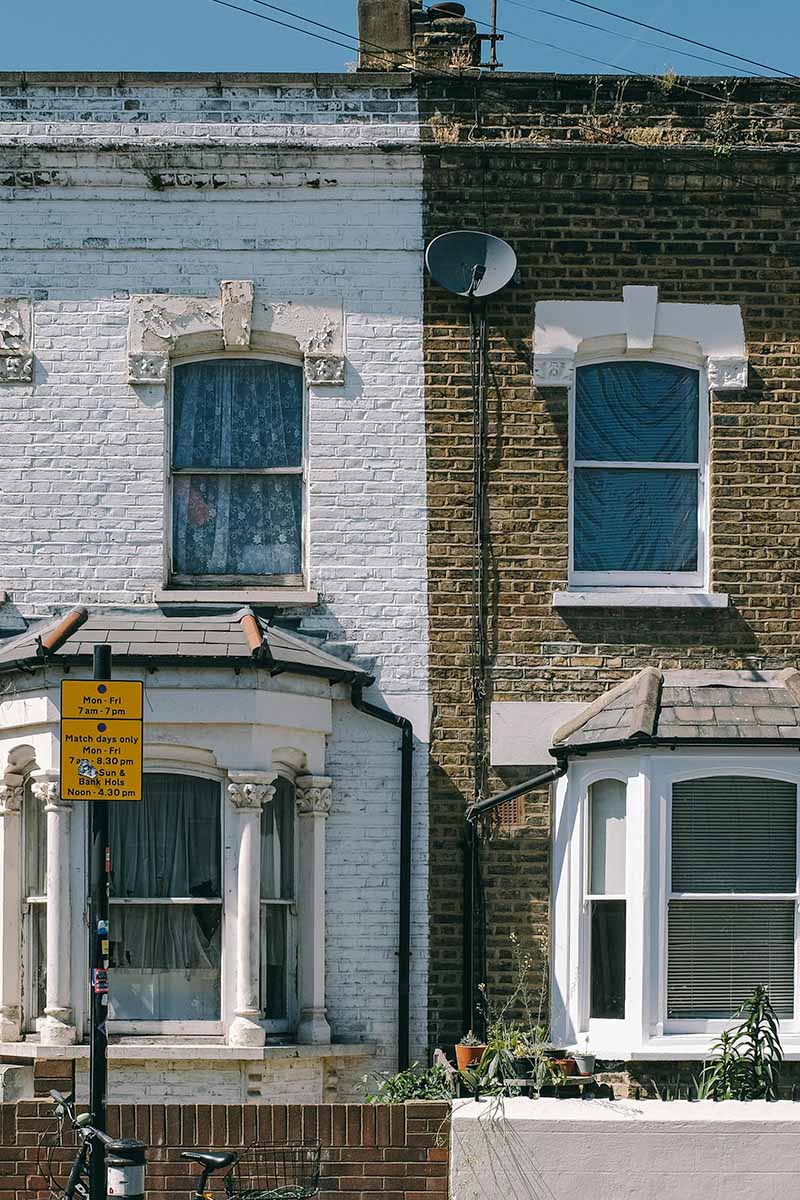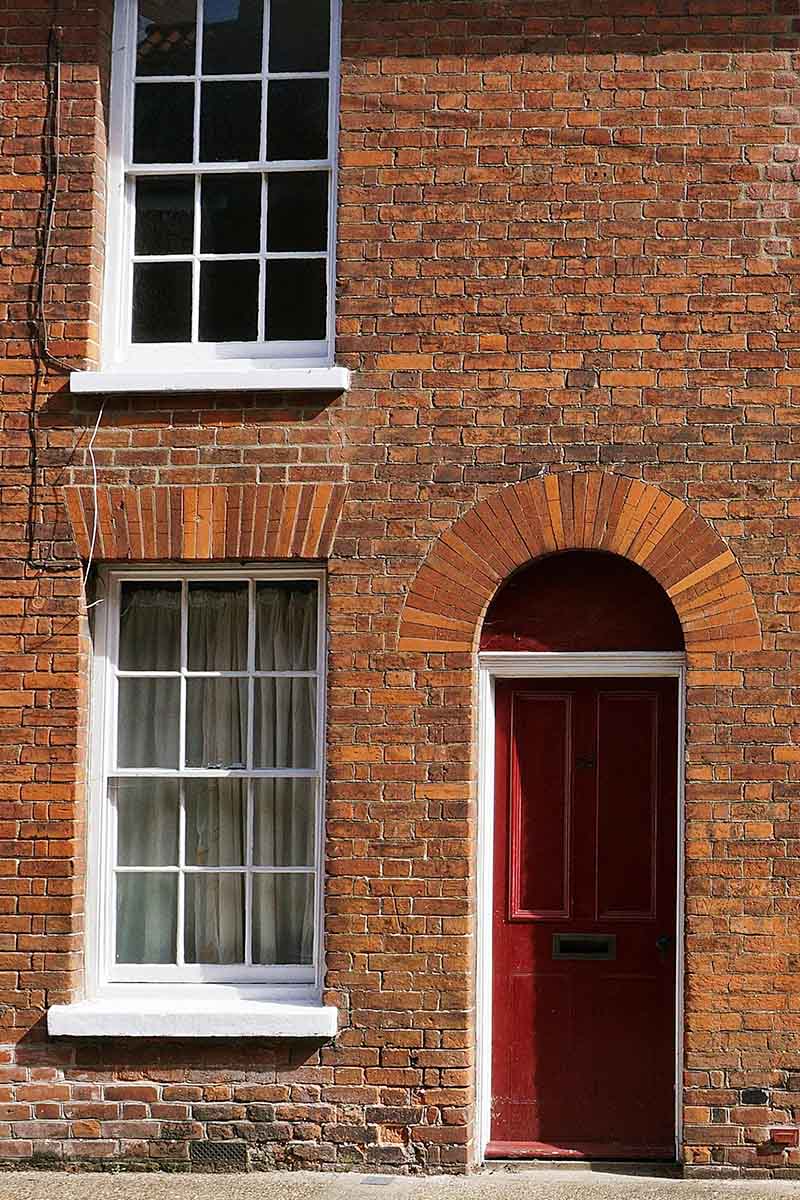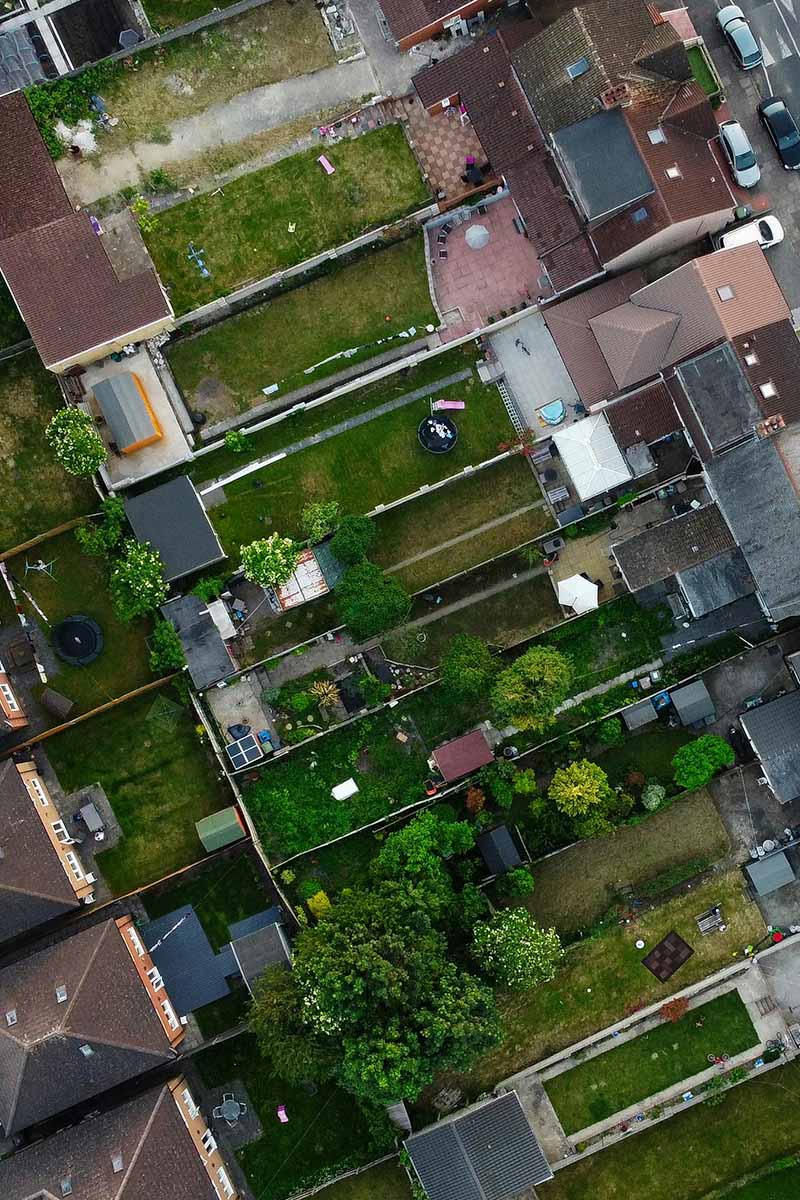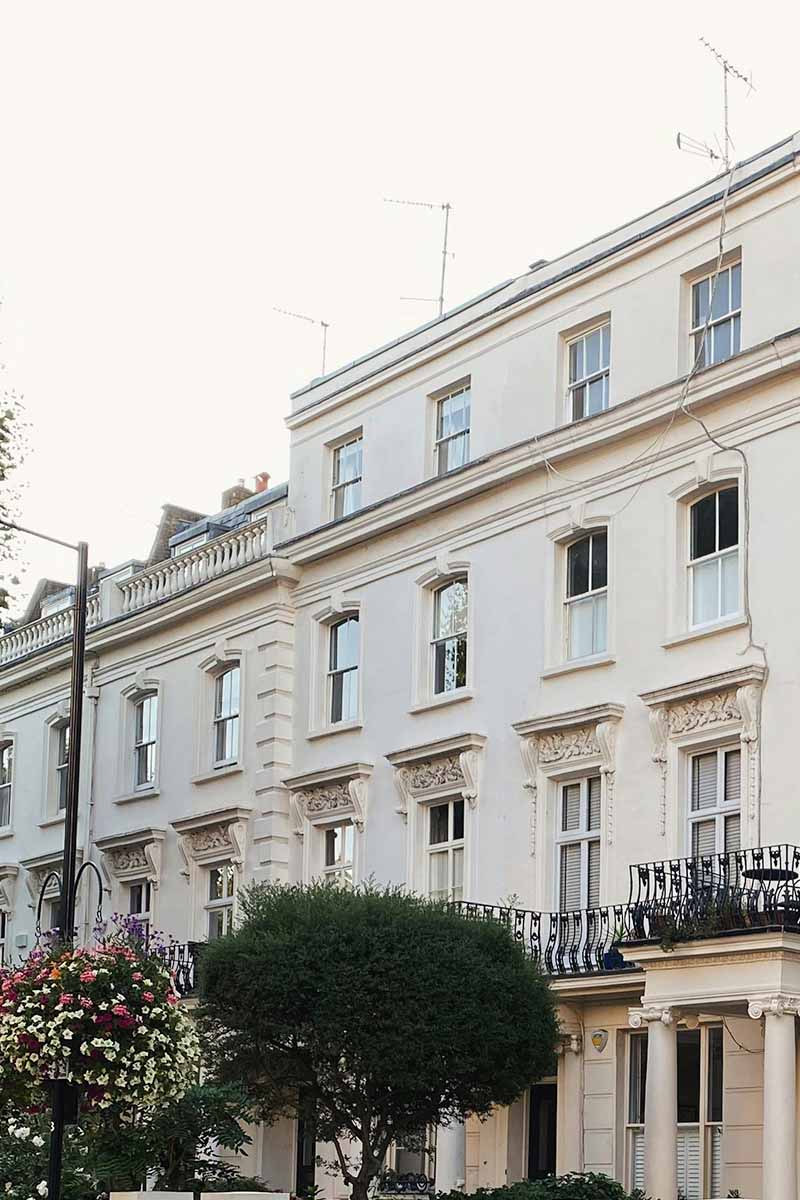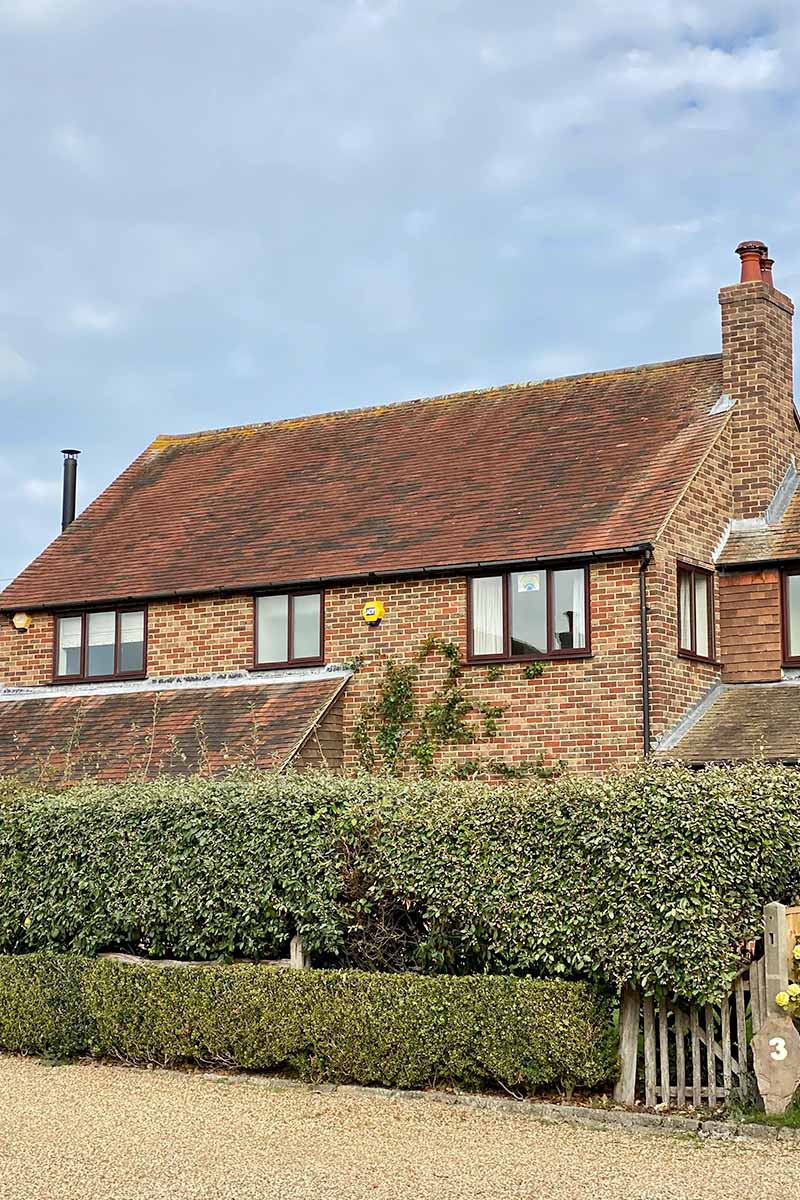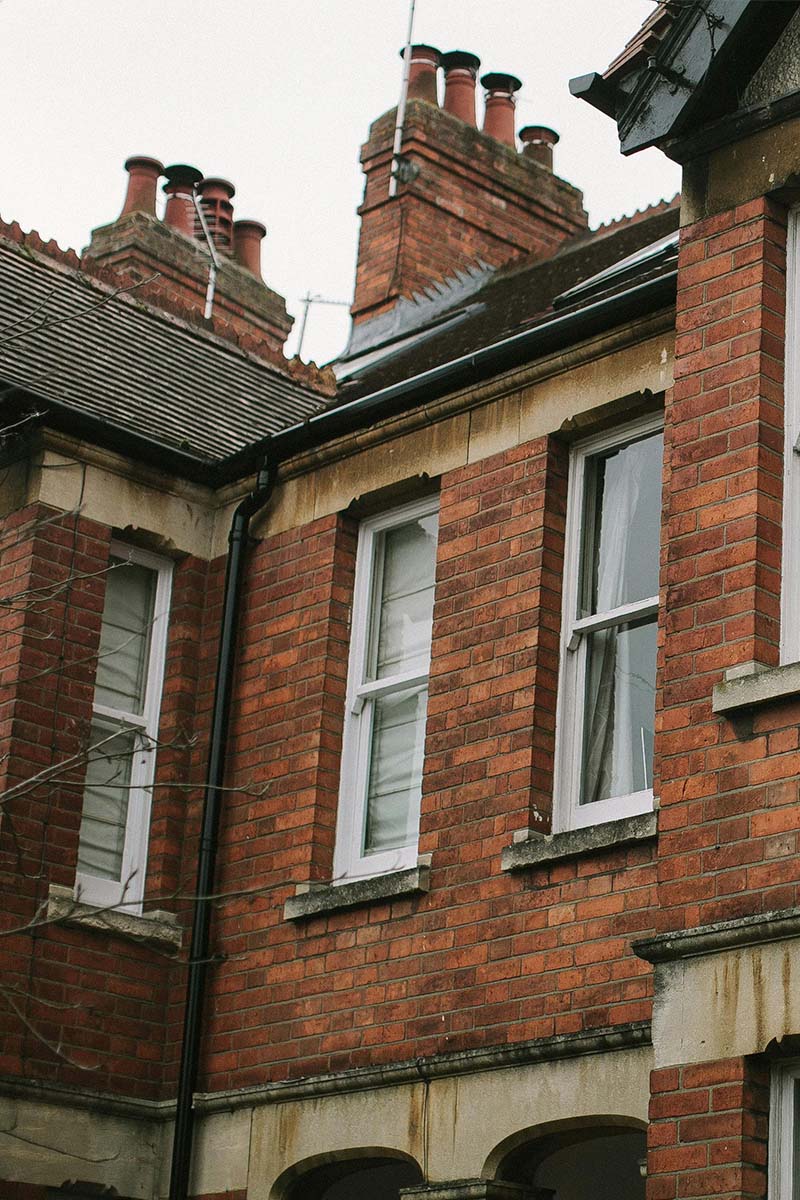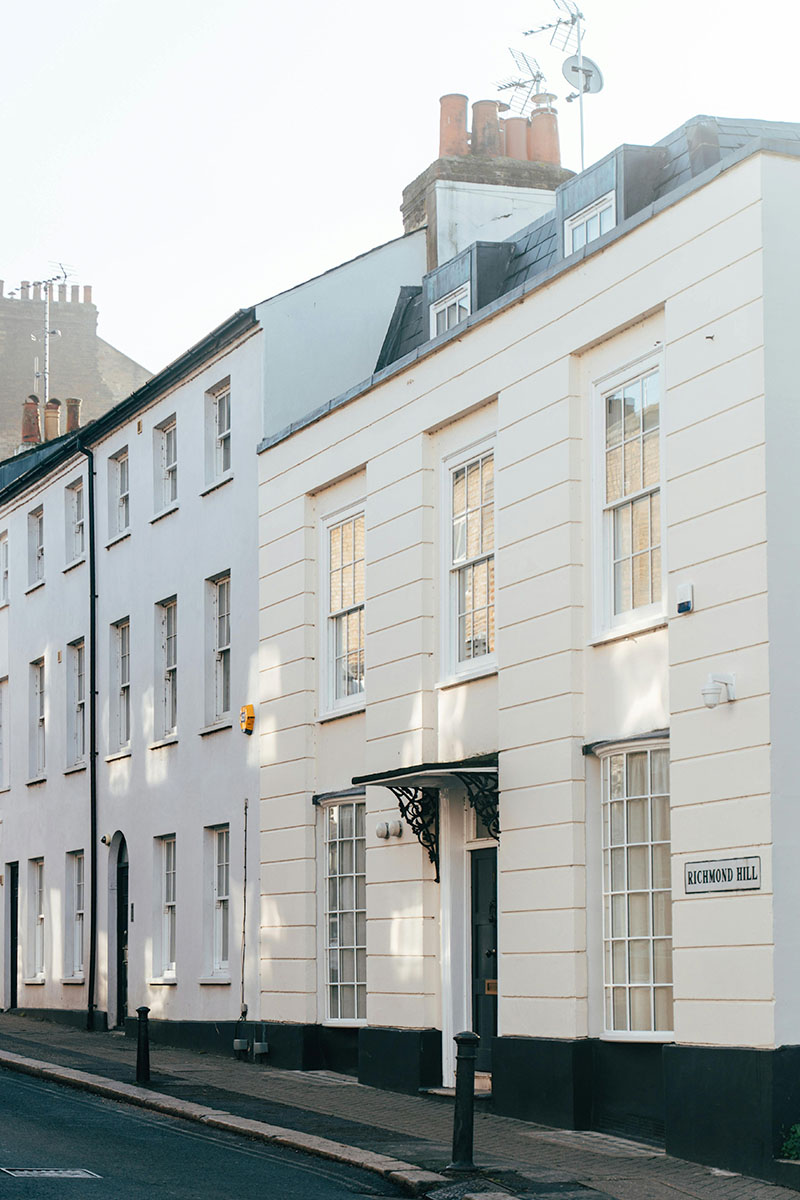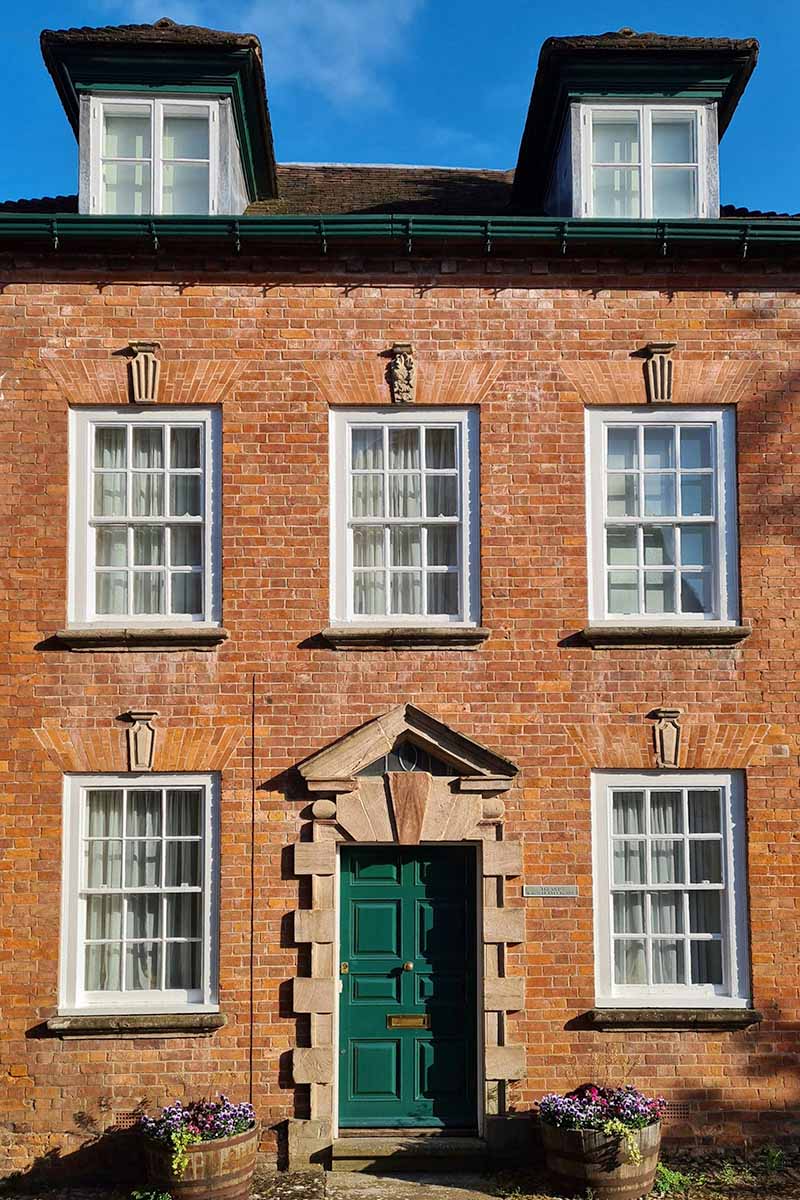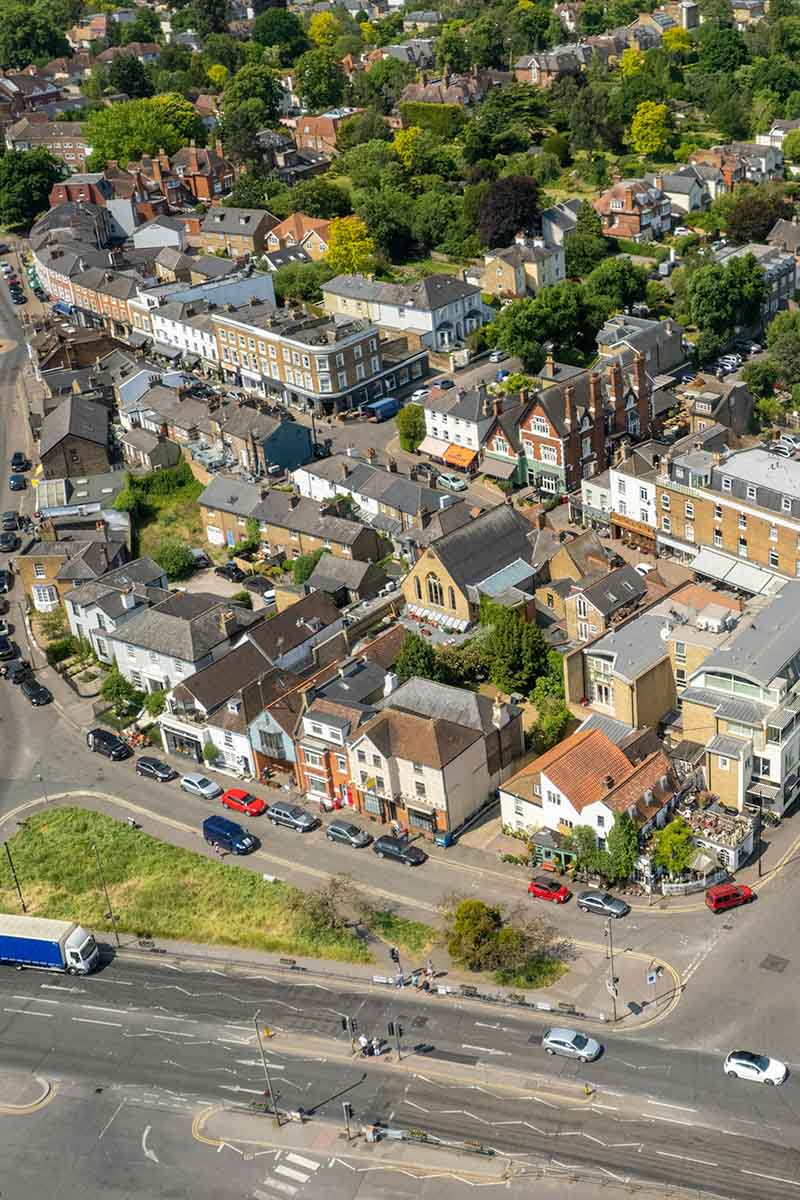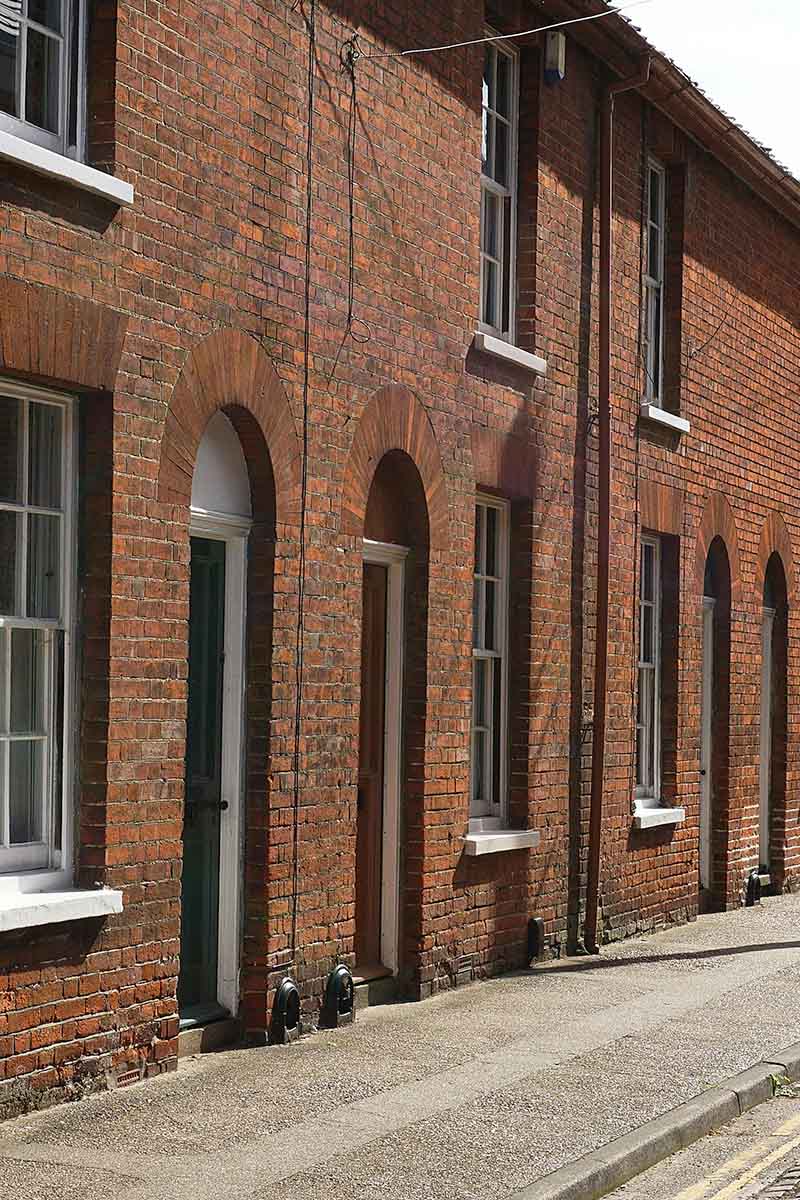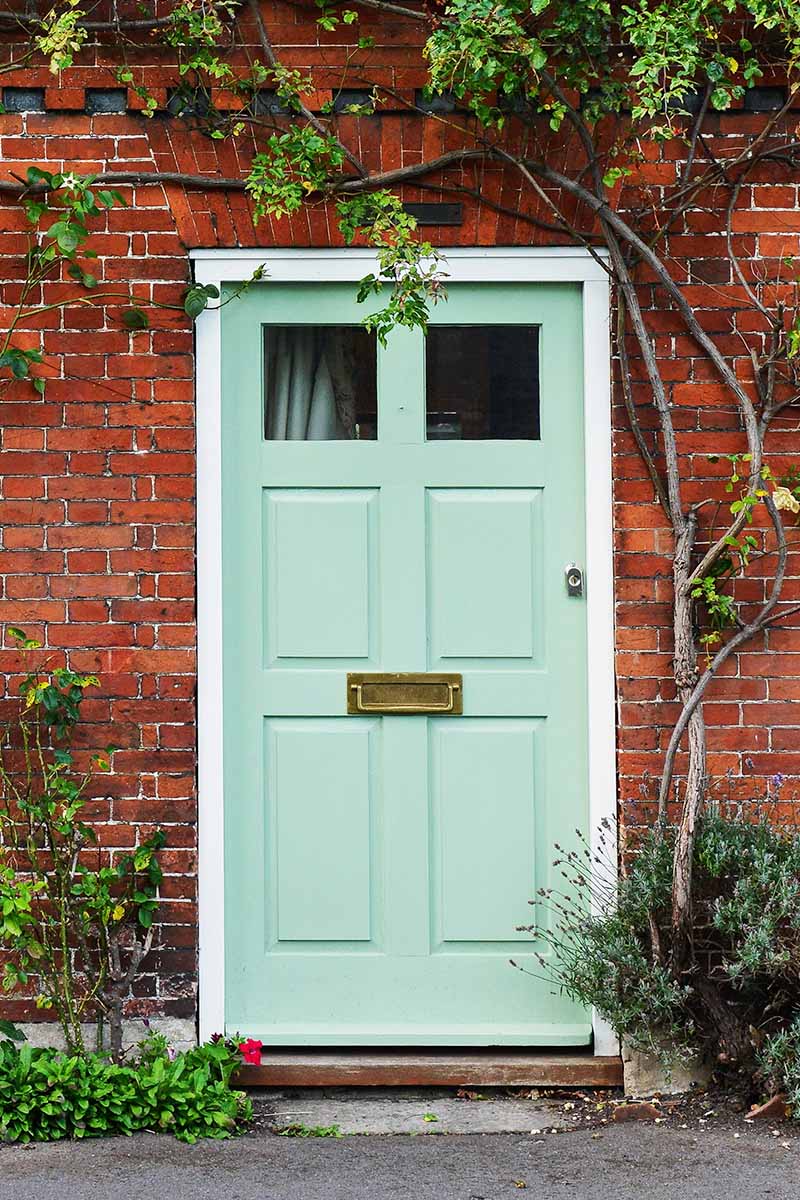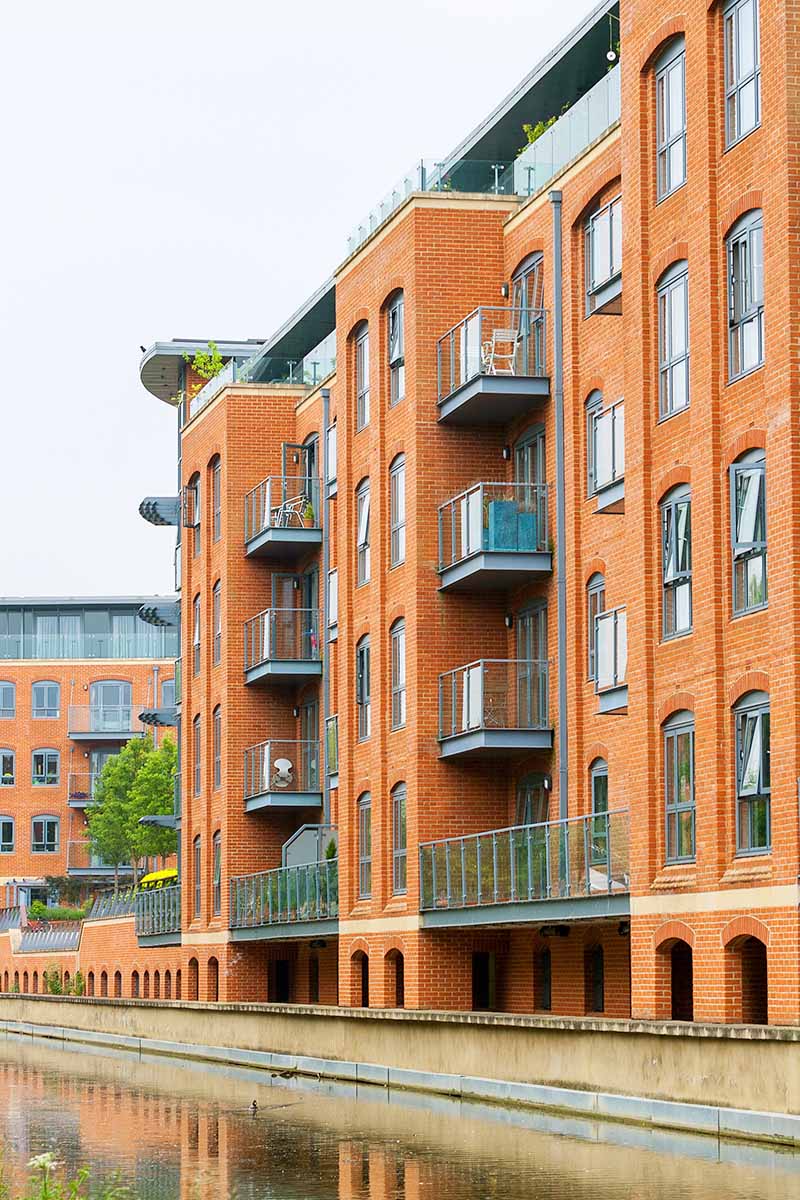Do you pay tax when you sell your house in the UK?
When you sell a house in the UK, whether you pay tax depends on your circumstances. Most people do not pay tax when selling their main residence, thanks to Private Residence Relief. However, selling a second home, rental property, or inherited house often triggers Capital Gains Tax (CGT). This guide explains exactly when tax applies, how the 2025 changes affect homeowners, what reliefs you can use, and how different scenarios play out in practice.
In most cases, you don’t pay tax when selling your main home. But you may pay Capital Gains Tax (CGT) if:
- The property is a second home or buy-to-let.
- You inherited it and are now selling.
- You used part of it exclusively for business.
- Your land or garden exceeds 5,000 square metres.
From April 2025, the CGT allowance is just £3,000 per person, with rates of 18% for basic-rate taxpayers and 24% for higher/additional-rate taxpayers on residential property. Tax must be reported and paid within 60 days of completion.
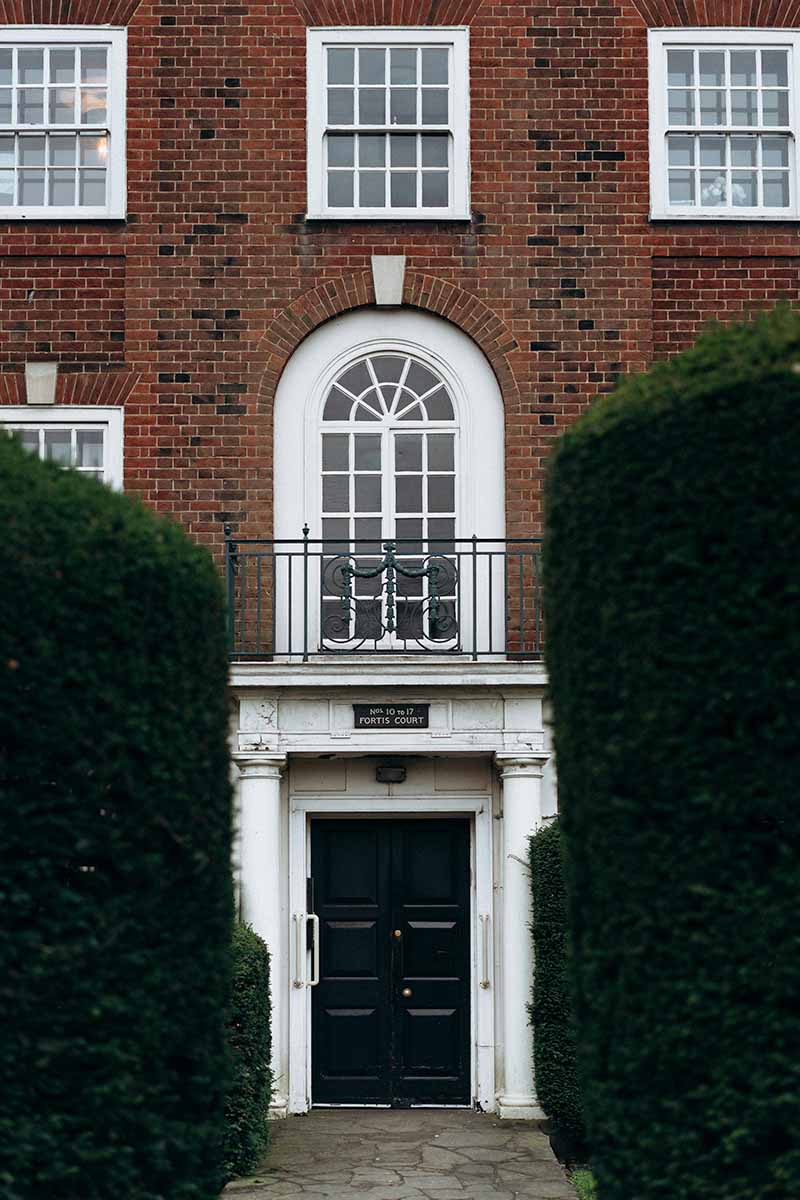
Private Residence Relief: why your main home is usually tax-free
Private Residence Relief (PRR) is the key exemption that means most homeowners don’t pay CGT when they sell. To qualify, your property must have been your only or main residence throughout your ownership.
The relief usually applies if:
- You lived in the property as your main home for all the time you owned it.
- You did not rent it out (lodgers are allowed).
- You did not use part of it exclusively for business.
- The grounds, including gardens and outbuildings, are less than 5,000 square metres.
Even if you moved out, the final 9 months of ownership are always covered by PRR.
Example scenario
James bought his London flat in 2015 and lived there until selling in 2025. Because it was his main residence the whole time, he pays no CGT. If James had rented it out for two years, partial relief would apply, and he may owe some CGT on the rental period.
For more detail on special circumstances, see our guide: Will you pay Capital Gains Tax if you sell your home to relocate for work?.
When Capital Gains Tax applies
CGT applies when you sell property that is not your main home, or when you don’t meet the PRR conditions. Common situations include:
- Second homes or holiday lets.
- Buy-to-let investments.
- Inherited properties sold later (CGT applies to any increase in value since inheritance).
- Homes partly used for business, such as converting a garage into an office used exclusively for work.
- Large grounds, where your land exceeds 5,000m².
Example scenario
Sophie inherited a house worth £200,000 in 2018. She sold it in 2025 for £280,000. After deducting her CGT allowance and sale costs, she owes tax on the £80,000 gain.
For a deeper look at this topic, see our guide: Do you pay Capital Gains Tax on inherited property?.
CGT rates, allowances, and 2025 changes
From April 2025, tougher rules mean more sellers may face tax:
- Annual exempt amount (allowance): £3,000 per person. Couples can combine for £6,000.
- Rates for residential property:
- 18% for basic-rate taxpayers.
- 24% for higher and additional-rate taxpayers.
- Deadline: Report and pay CGT within 60 days of completion.
Worked example
- Buy-to-let purchased for £200,000.
- Sold for £300,000.
- Deductible costs: £10,000.
- Gain = £90,000.
- Less allowance (£3,000) = £87,000 taxable.
- At 24% (higher-rate taxpayer) = £20,880 CGT owed.
Other taxes explained
When selling, homeowners often wonder about other taxes. Here’s the breakdown:
- Stamp Duty Land Tax (SDLT): Paid by the buyer, not the seller.
- Income Tax: You don’t pay unless you’re trading as a property developer.
- Inheritance Tax (IHT): Charged on estates at death, not on selling your own home. But if you inherit a house and sell it later, CGT may apply on the increase in value since inheritance.
Common scenarios
Selling your main home
No CGT due if conditions for PRR are met.
Selling a buy-to-let
CGT due on the profit. Letting Relief may apply only if you lived there at the same time as tenants.
Selling an inherited house
CGT due on the increase since inheritance. IHT may also have been paid on the estate.
Selling after divorce
Transfers between spouses are CGT-free. After separation, reliefs depend on timing. See our guide: Do you pay Capital Gains Tax when selling a house in a divorce?.
Selling part business use
If part of your home was used exclusively for business, PRR does not cover that section, and CGT may apply proportionally.
How to reduce or avoid CGT legally
There are several legitimate ways to reduce your bill:
- Spousal transfers: Assets can be transferred tax-free, doubling the allowance.
- Offsetting losses: Losses on other assets can reduce your gain.
- Timing disposals: Selling across tax years can double allowances.
- Joint ownership: Gains split between owners.
Final 9 months relief: Even if you moved out, this period is exempt.
Save time and hassle by selling your home with us
Get a guaranteed cash offer on any property in England and Wales. All you need to do to get started is enter your address below.
Table: when do you pay tax when selling a house?
Example case studies
- Emma’s buy-to-let sale: Emma sold her rental property in Manchester for £250,000, making a £50,000 gain. After the £3,000 allowance, £47,000 was taxed at 24%, leaving her with a £11,280 CGT bill.
- Alan’s family home: Alan sold his long-term home in Cardiff for £400,000. Because it was always his main residence, he paid no CGT.
- Nadia’s inherited property: Nadia inherited her grandmother’s house worth £180,000. She sold it five years later for £240,000. CGT applied to the £60,000 gain since inheritance.
- Tom and Laura’s divorce: Tom transferred his share of the marital home to Laura during the tax year of separation. No CGT applied. When Laura sold the property later, PRR covered the gain.
FAQs: tax when selling a house in the UK
Do I pay Capital Gains Tax if I sell my main home?
Usually no. If the property has always been your only or main residence, you qualify for Private Residence Relief and won’t pay CGT. Exceptions apply if you rented it out, used part exclusively for business, or the land exceeds 5,000m².
Can I nominate which property is my main residence?
Yes. If you own more than one property, you can elect which one counts as your main residence for CGT purposes. You must make this nomination within two years of acquiring the second property.
Do I pay tax if I gift my house to my children?
Gifting a property counts as a disposal for CGT. If it’s not your main residence, CGT may be due based on market value at the time of the gift. Inheritance Tax rules may also apply if you die within seven years of gifting.
Do I pay Stamp Duty when selling a house?
No. Stamp Duty Land Tax is paid by the buyer, not the seller.
Can selling a house push me into a higher tax bracket?
Yes. Your capital gain is added to your income for the year. If this pushes your total income above the higher-rate threshold (£50,270 in 2025/26), part of your gain will be taxed at the higher CGT rate.
Do I pay CGT if I sell a house I inherited?
Yes, if the property has risen in value since you inherited it. You won’t pay CGT at the point of inheritance, but when you sell, tax applies to the gain from the probate value to the sale price.
What is the deadline to pay CGT on property?
You must report and pay CGT on UK residential property within 60 days of the sale completing. Missing this deadline may result in penalties and interest.
Can I reduce my tax bill by transferring property to my spouse?
Yes. Transfers between spouses or civil partners are CGT-free. This can double the CGT allowance and sometimes lower the overall tax rate if the other partner is a basic-rate taxpayer.
Do I have to pay tax if I sell a property at a loss?
No, but you should still report the loss. Declared losses can offset gains in the same tax year or be carried forward to reduce future CGT bills.
Do I pay tax if I sell a house abroad?
If you’re UK tax resident, you may still need to pay UK CGT on overseas property sales. Some countries also tax the sale, but double taxation relief may apply.
Recap: do you pay tax when you sell your house UK?
- Your main home is usually tax-free thanks to PRR.
- Second homes, buy-to-lets, inherited property often trigger CGT.
- From April 2025, the CGT allowance is £3,000, with rates at 18% or 24%.
- Report and pay within 60 days of sale completion.
- Other taxes like Stamp Duty and Income Tax don’t apply to sellers, while Inheritance Tax applies to estates, not sales.
- Careful planning, spousal transfers, and timing can reduce or avoid tax.
Thinking of selling your house quickly?
If you’d rather avoid the stress of tax planning, estate agents, and long chains, Habello offers a faster solution:
- Fair market valuation.
- Final cash offer within 48–72 hours.
- Flexible timeline to suit your schedule.
- No legal fees when using our partner solicitor.
- A guaranteed cash sale with no delays.
Property owners are choosing Habello for a faster, easier and less stressful way to sell
Sell your home quickly for cash by accepting an offer just below market value. See how we compare to your other options by using the calculator below.
Related guides
Bring yourself up to speed with our property guides.



